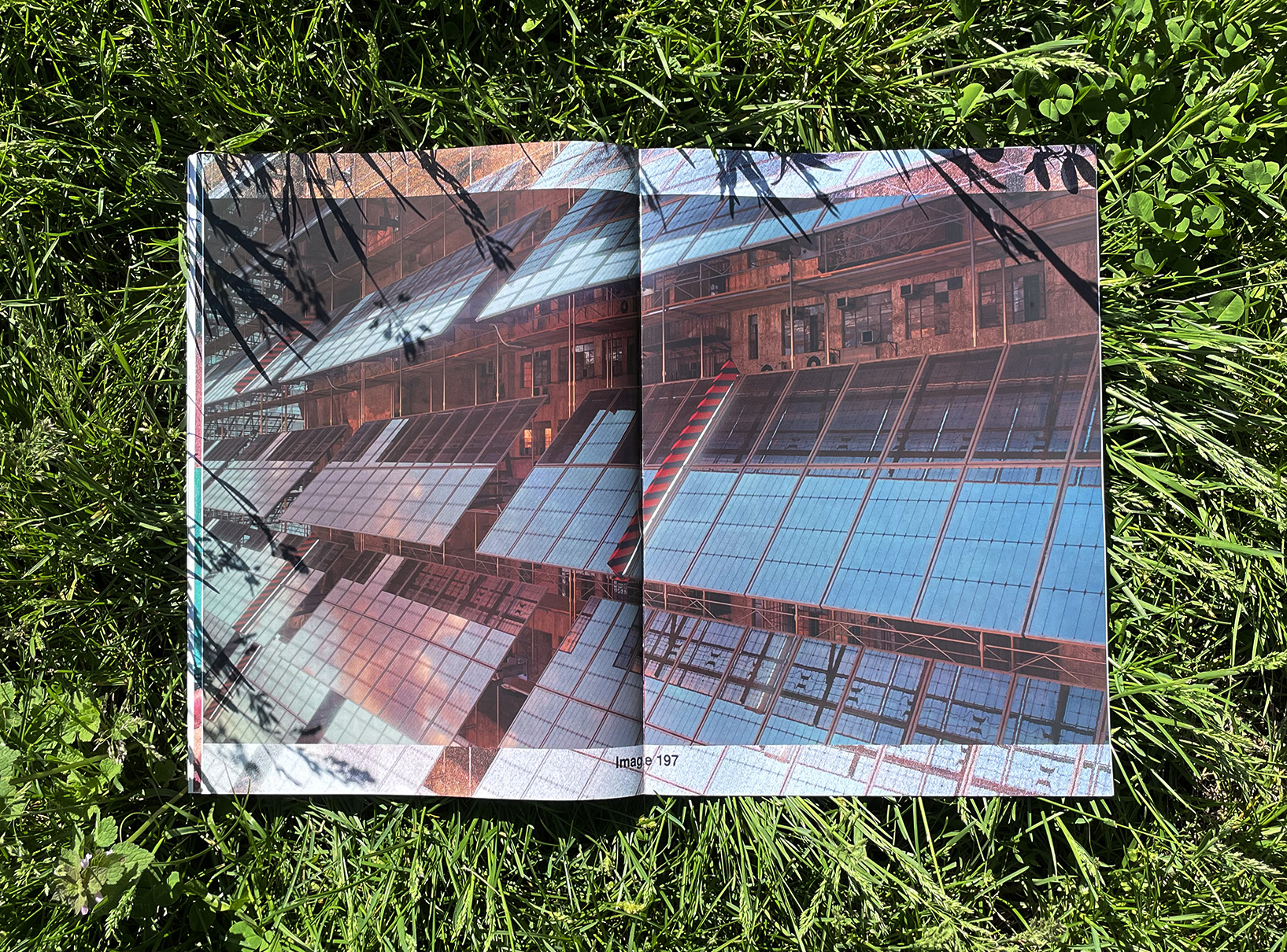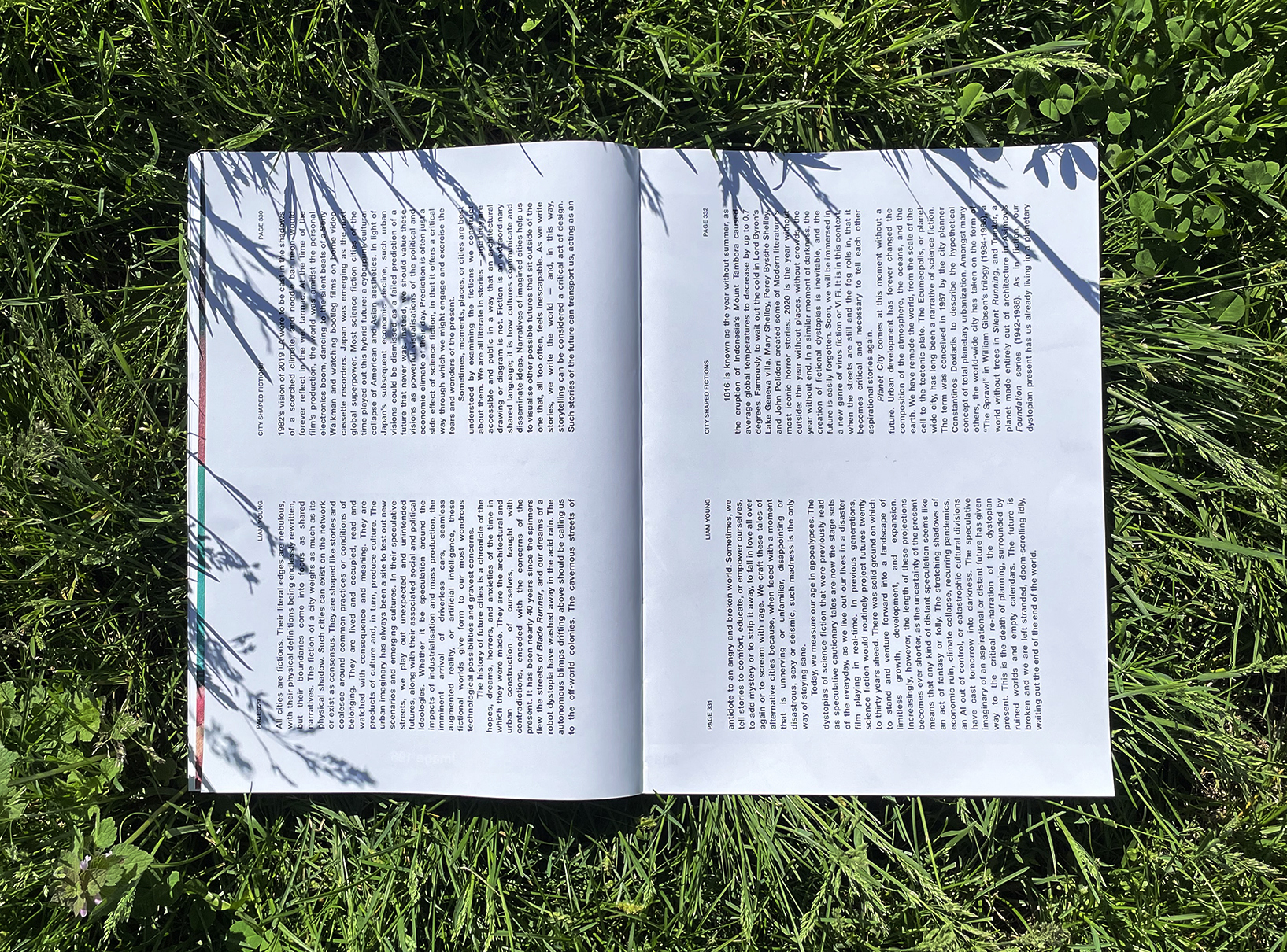atopia
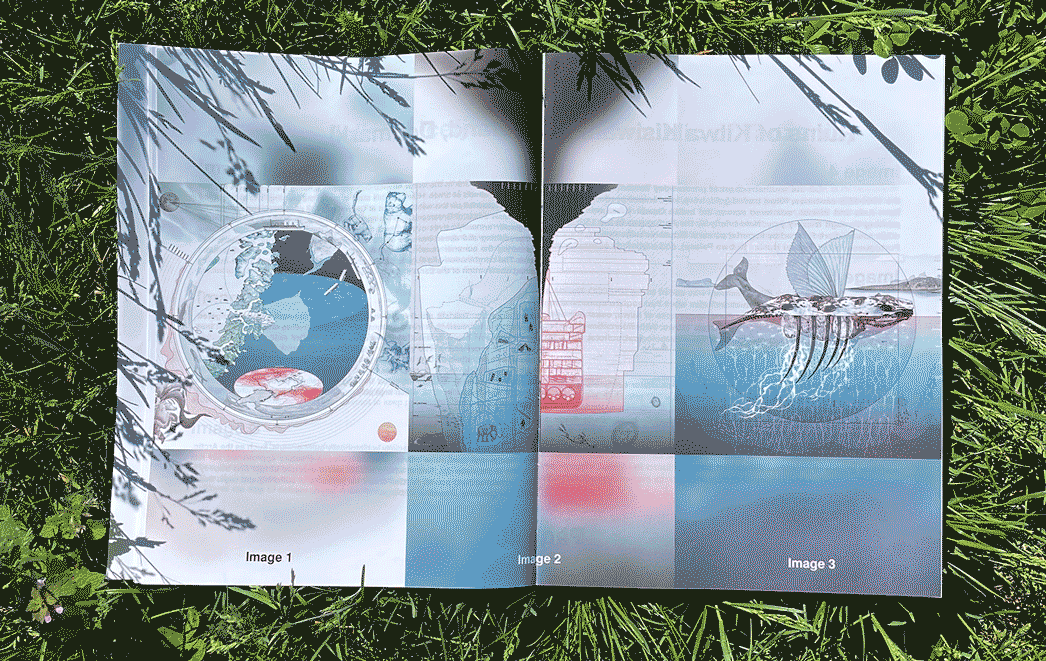
A literal no-place, atopia represents the spatial end-product of a society seemingly flattened by supra-territorial flows of information and material. It expresses both a physical artifact and condition of mass culture, and like the global systems of production and consumption from which it is conceived, atopia is both nowhere and everywhere at once. For the contributors of Perspecta 54, the ephemeral conditions of atopia are also an invitation to an equally unconstrained critical practice. Blurred boundaries — geopolitical, virtual, technical, disciplinary — offer sites for transgressive speculation and critique from beyond the limits of traditional design agency.
What results is a form of design practice that ambiguously straddles impossibility and hyper-reality. Atopia rejects both the escapist fantasy of utopia and the nihilism of dystopia, favoring instead a conceptual middle ground from which real-world conditions can be productively engaged and challenged. Architecture’s traditional objectives of critical inquiry — particularly the location of modes of complicity, agency, and resistance within larger structures — are mediated and reframed through non-traditional strategies of speculative design and fiction. For a profession that is routinely asked to navigate extreme complexity with limited tools, this approach suggests an expanded operational domain and possibilities for reinvigorated creative thought.
From urban crises and climate emergencies to border disputes and geopolitics, Perspecta 54 examines atopia both as the site of architecture’s critical confrontation with hegemonic systems and the theoretical space in which its own processes can be challenged.
What results is a form of design practice that ambiguously straddles impossibility and hyper-reality. Atopia rejects both the escapist fantasy of utopia and the nihilism of dystopia, favoring instead a conceptual middle ground from which real-world conditions can be productively engaged and challenged. Architecture’s traditional objectives of critical inquiry — particularly the location of modes of complicity, agency, and resistance within larger structures — are mediated and reframed through non-traditional strategies of speculative design and fiction. For a profession that is routinely asked to navigate extreme complexity with limited tools, this approach suggests an expanded operational domain and possibilities for reinvigorated creative thought.
From urban crises and climate emergencies to border disputes and geopolitics, Perspecta 54 examines atopia both as the site of architecture’s critical confrontation with hegemonic systems and the theoretical space in which its own processes can be challenged.
Editors:
Melinda Agron
Timon Covelli
Alexis Kandel
David Langdon
Melinda Agron
Timon Covelli
Alexis Kandel
David Langdon
Contents:
The Possibility of Atopia: An Unmanifesto
Julian Hanna and James Auger
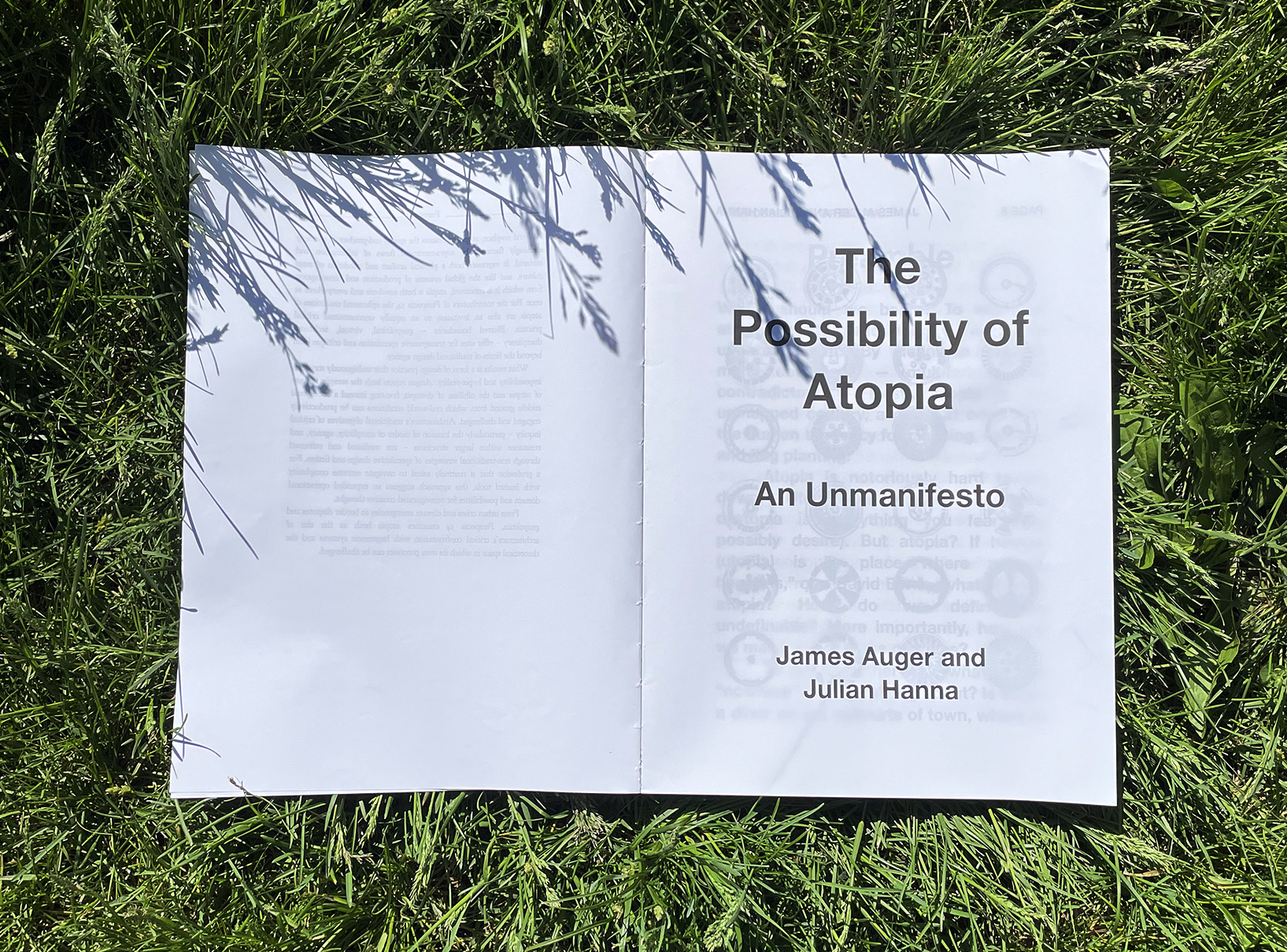
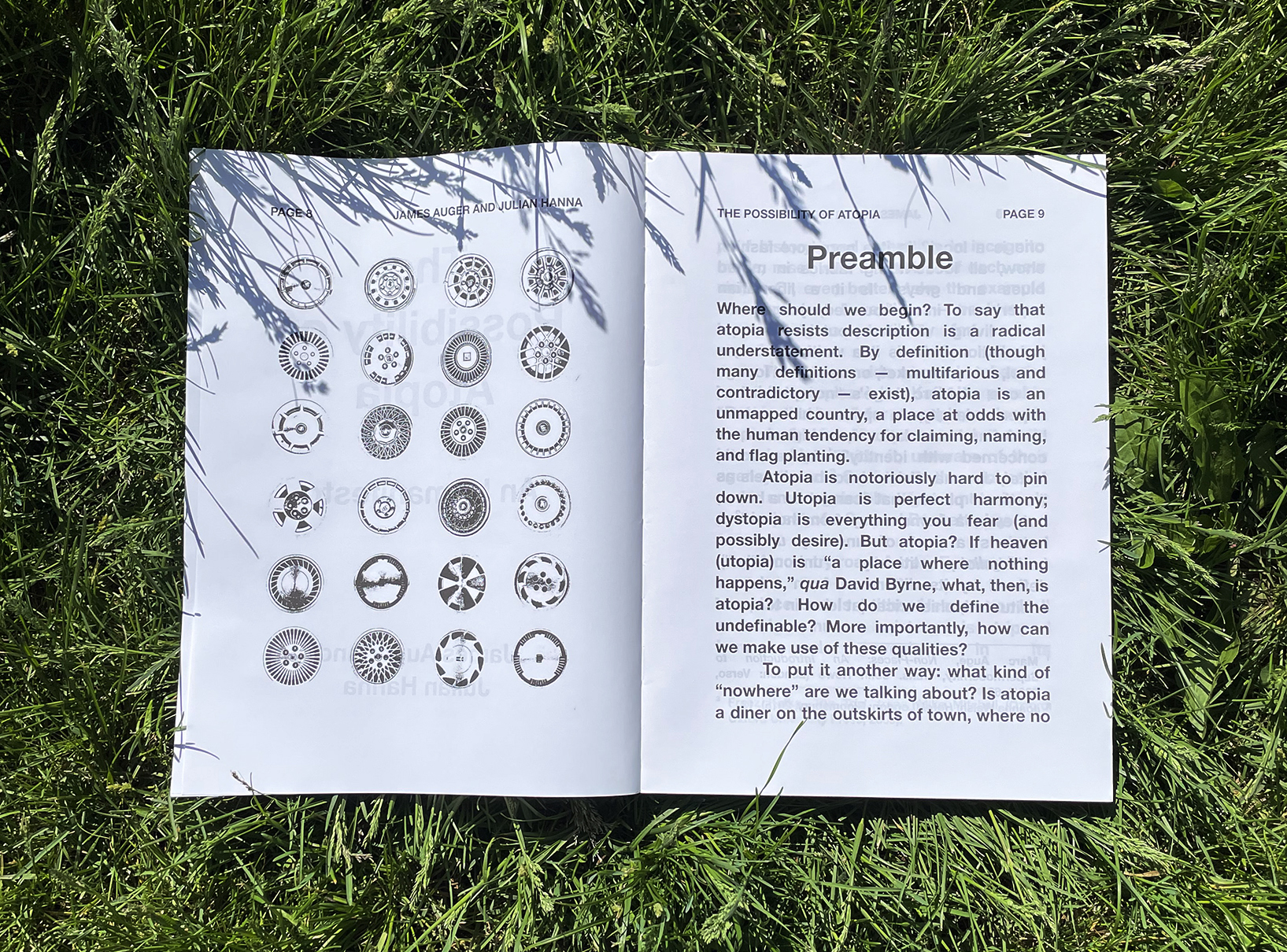
Notes on Architecture and Atopia
Marta Caldeira


Climate Inheritance
Design Earth
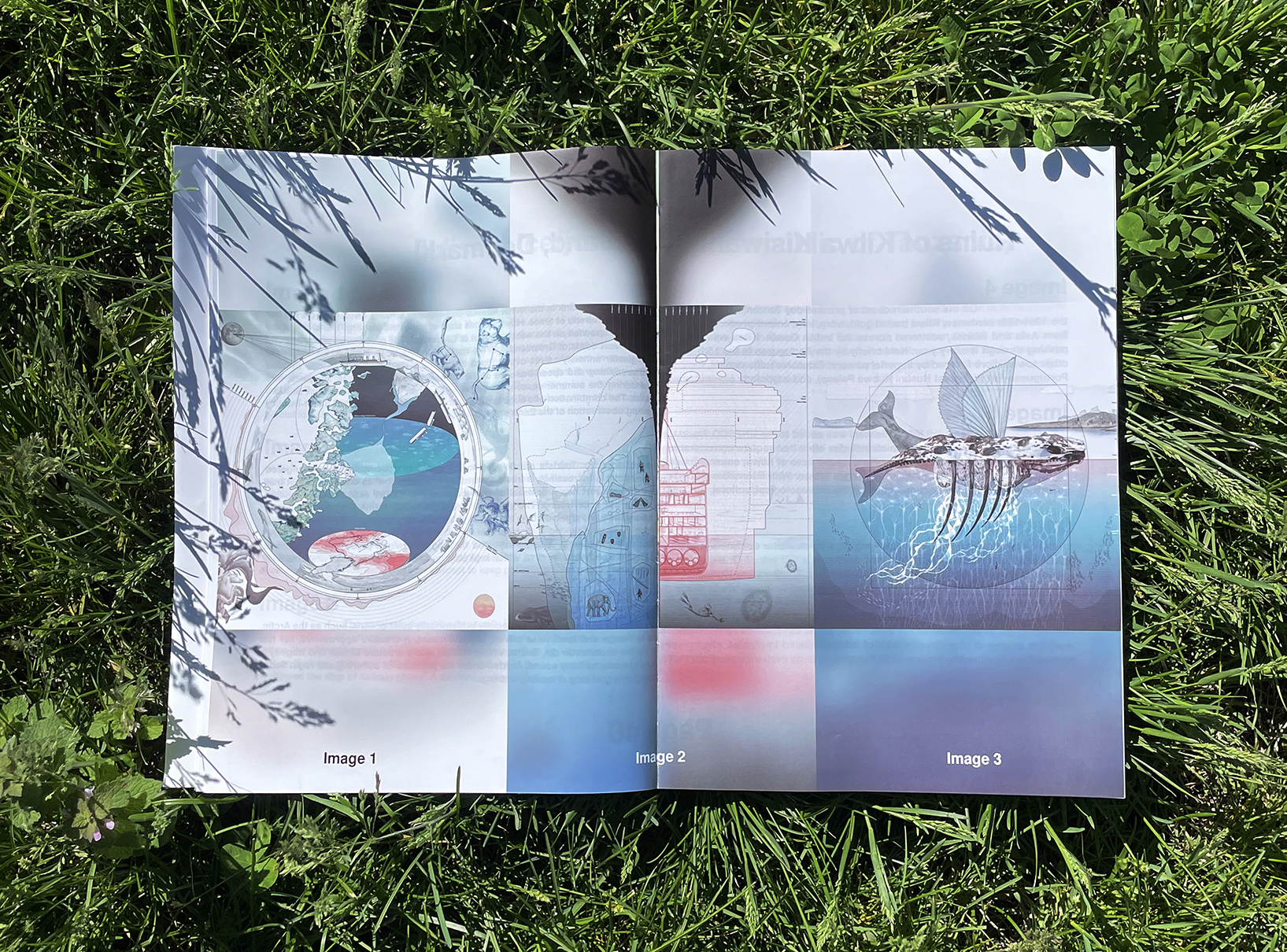




Shearing Property:
Replatting Climate Risk
Janette Kim


The Apocryphal Gospel of Oakland:
(Im)permanence, Improvisation,
and our Absurdist Future
Brandi Thompson Summers and Olalekan Jeyifous
(Im)permanence, Improvisation,
and our Absurdist Future
Brandi Thompson Summers and Olalekan Jeyifous



In Conversation
Jack Self and Jack Lipson
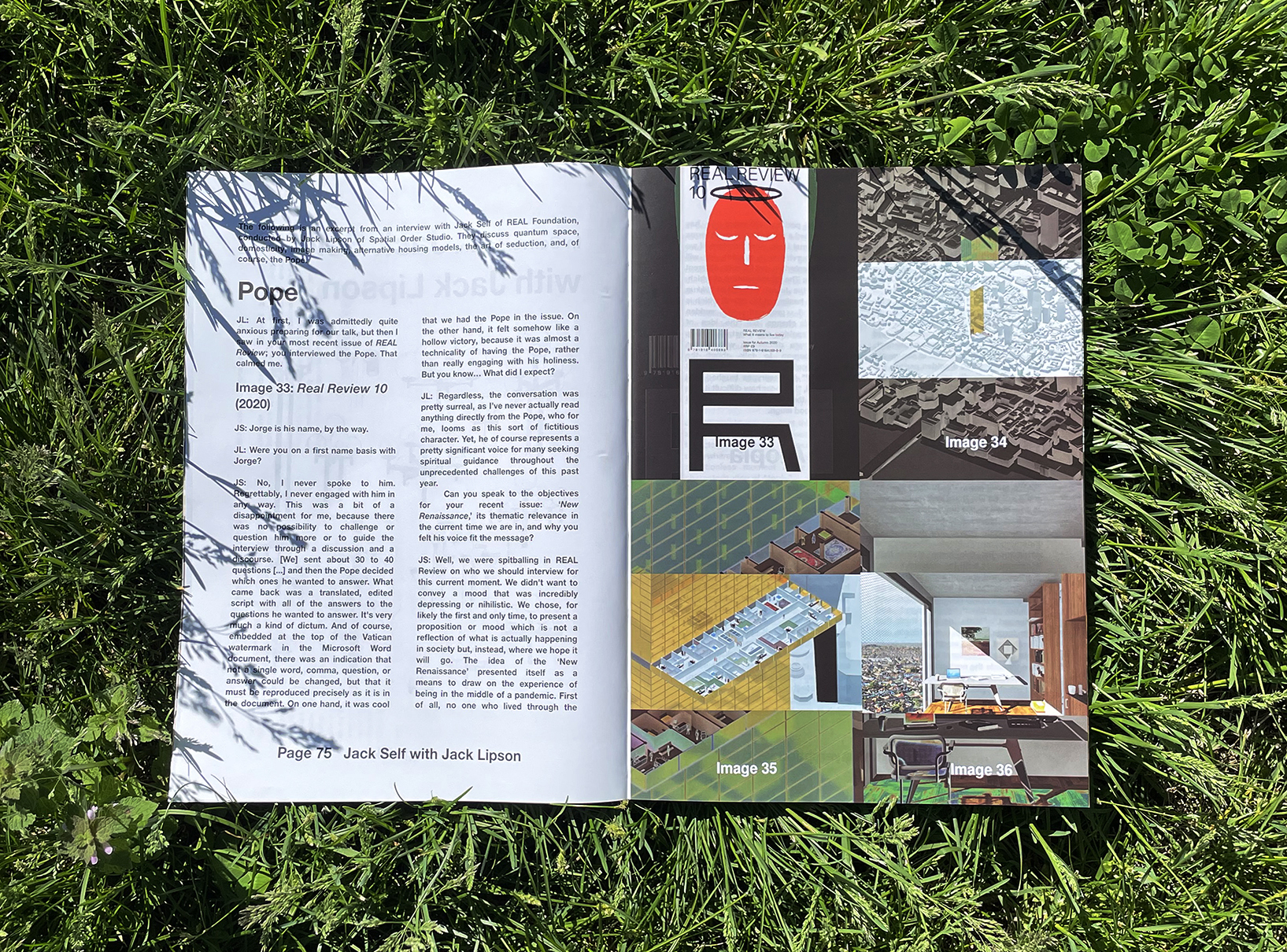




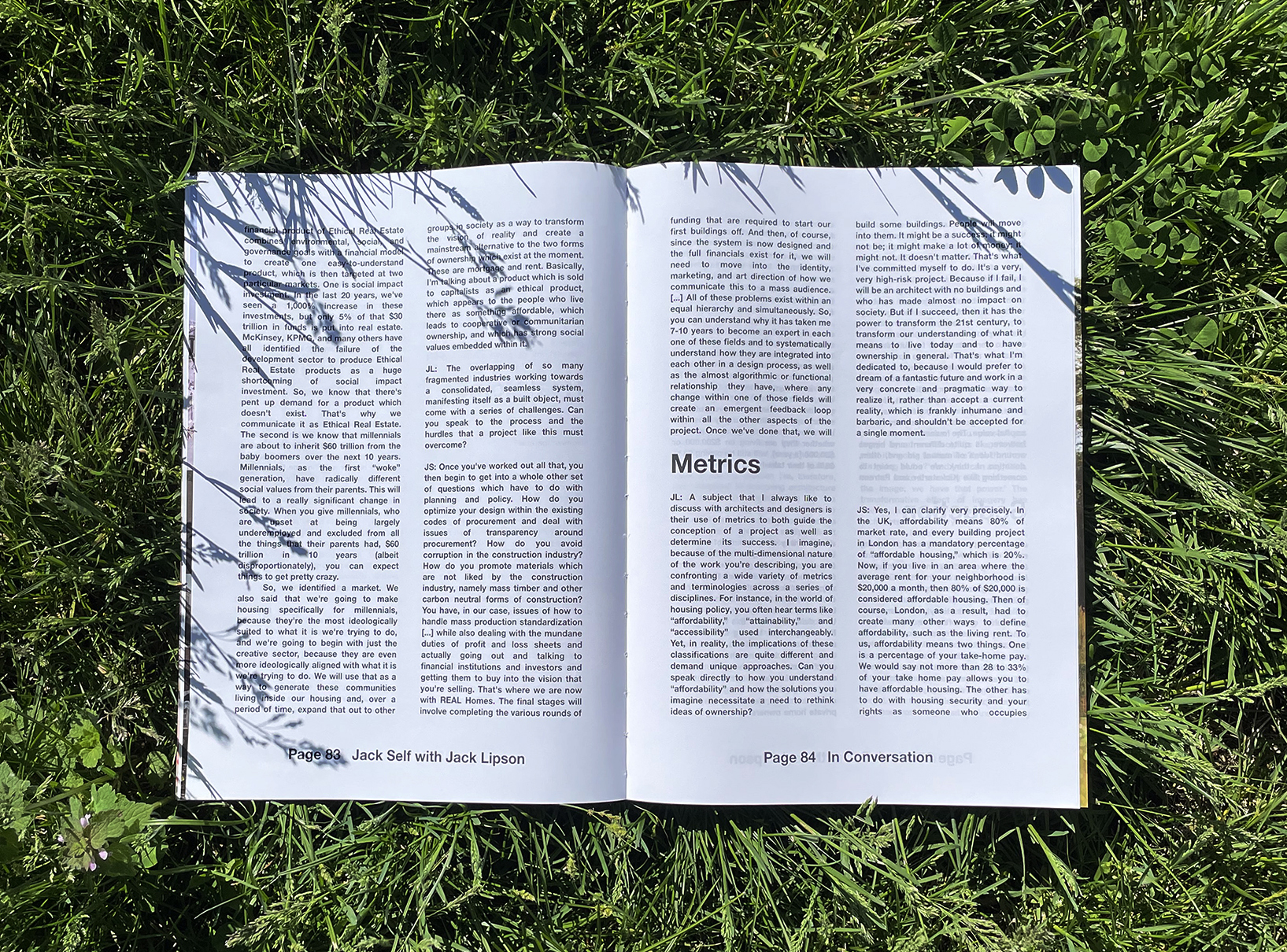

Architects and Architecture and
Michael Meredith

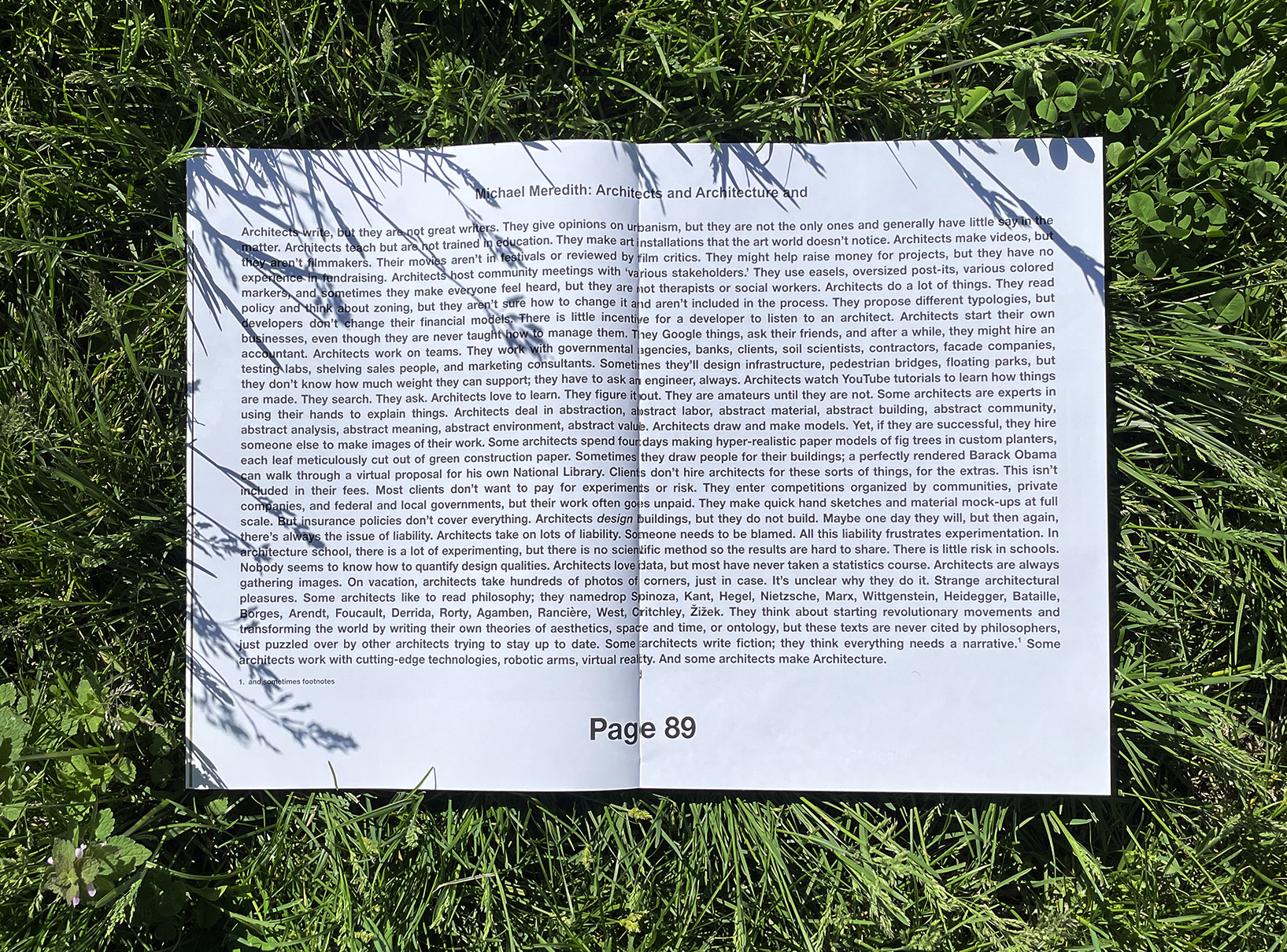

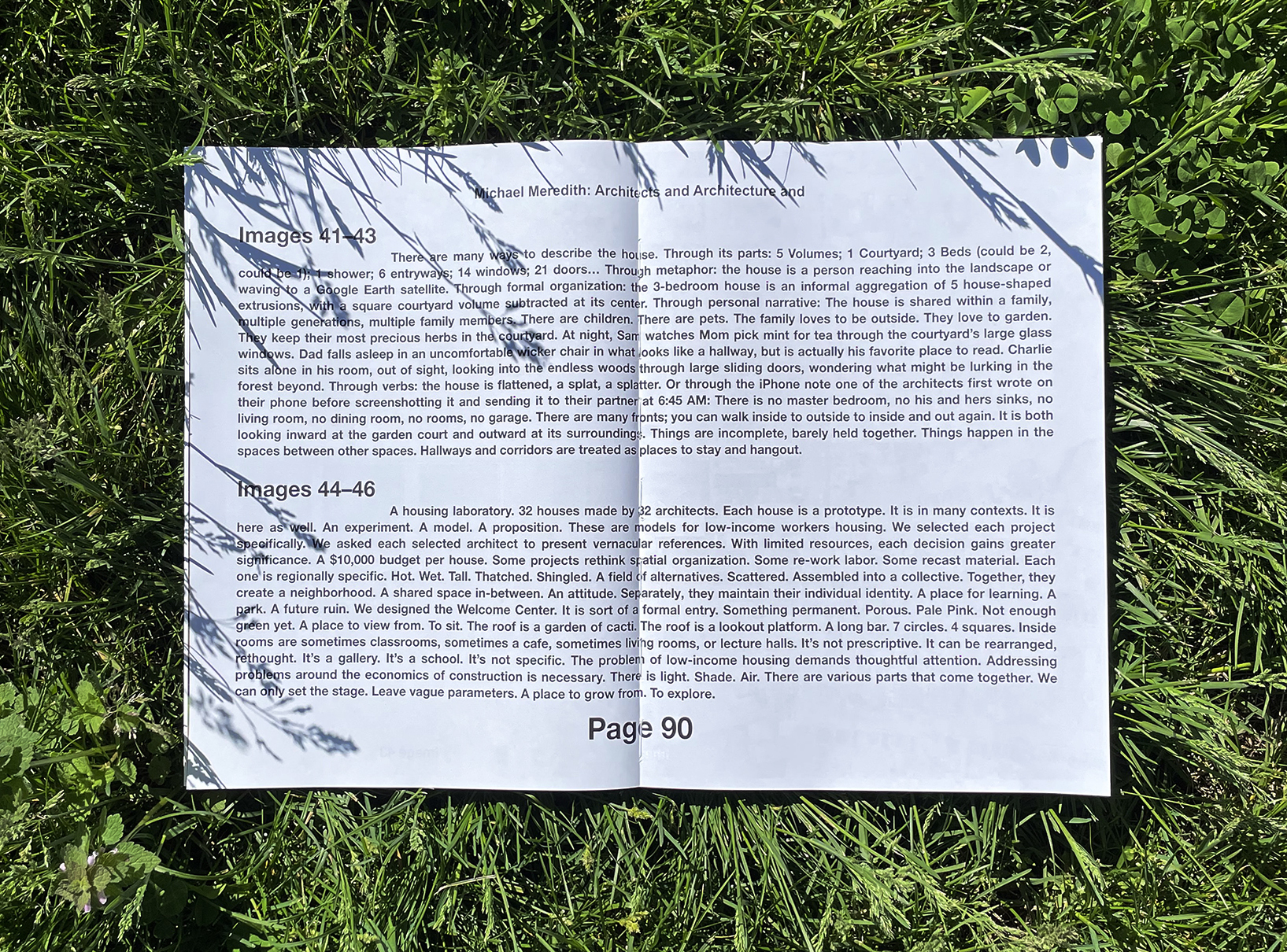
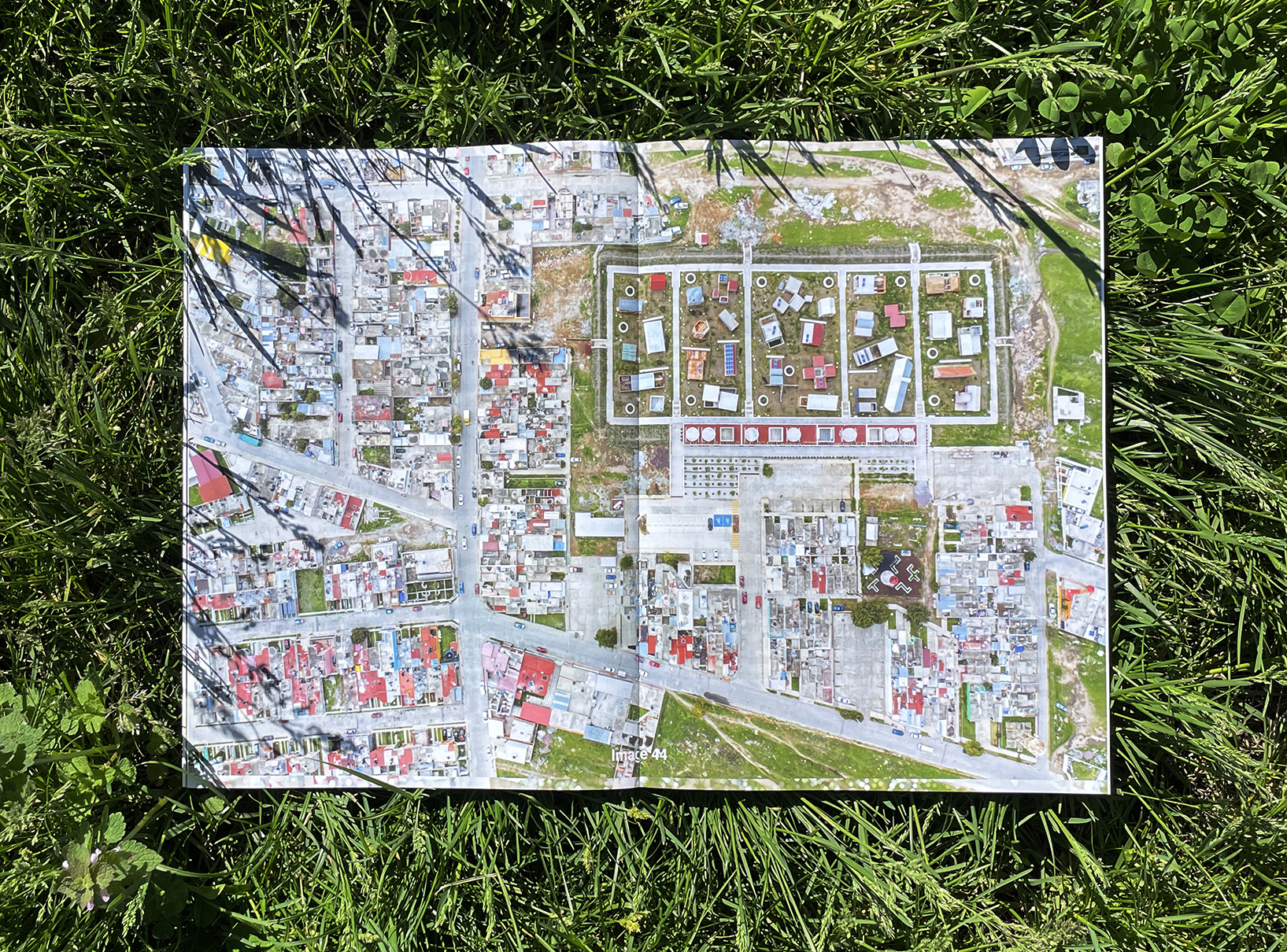


Threads of Deviation
Ilona Gaynor


World Makers Unite!
A Post-Colonial Play produced in the
Narrative Architecture Studios of Post-Novis
WAI Architecture Think Tank (Cruz García and Nathalie Frankowski), Luis Othoniel Rosa, Hilary Wiese, Holly Craig, and Ophelia S. Chan
A Post-Colonial Play produced in the
Narrative Architecture Studios of Post-Novis
WAI Architecture Think Tank (Cruz García and Nathalie Frankowski), Luis Othoniel Rosa, Hilary Wiese, Holly Craig, and Ophelia S. Chan



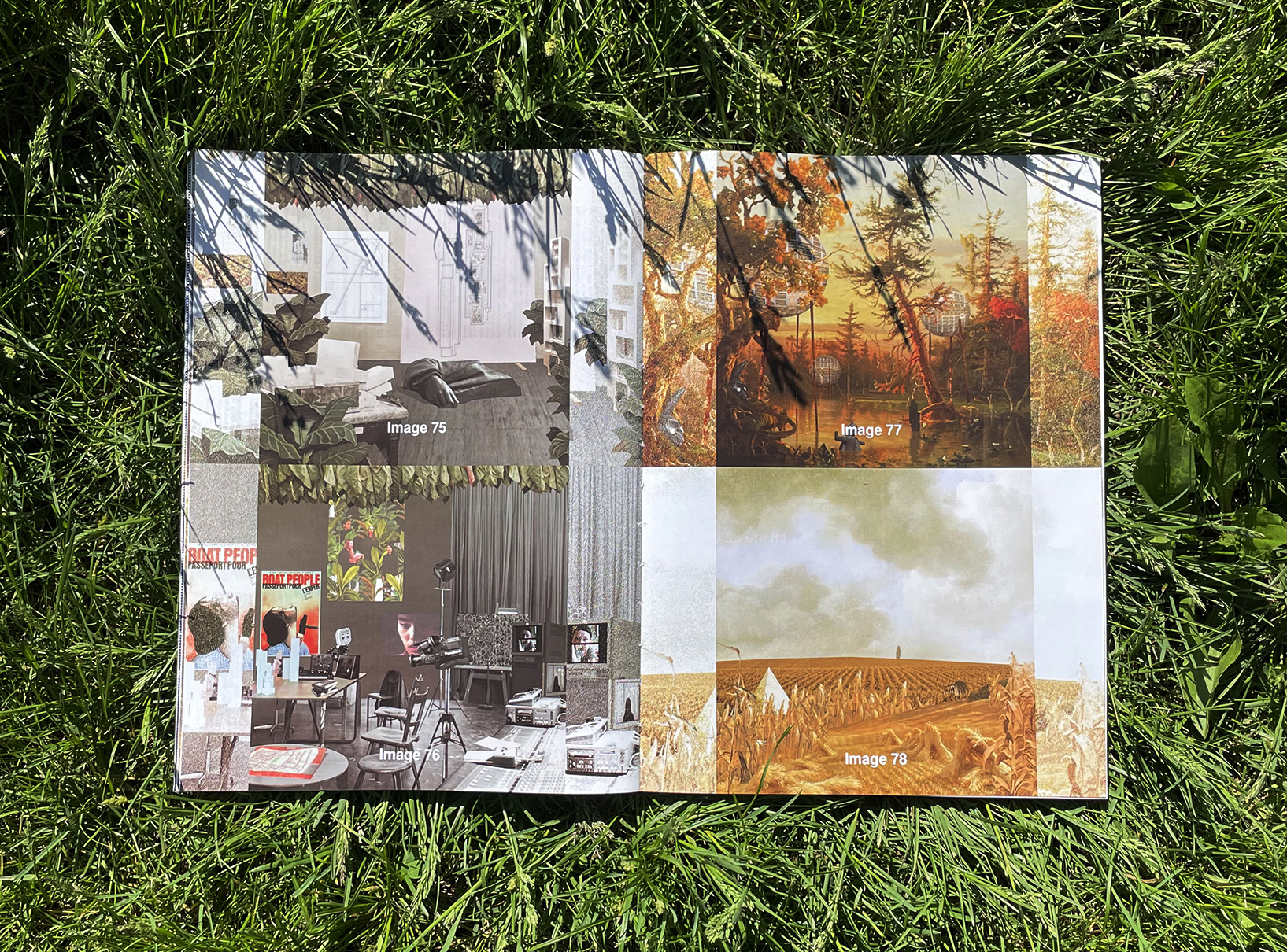
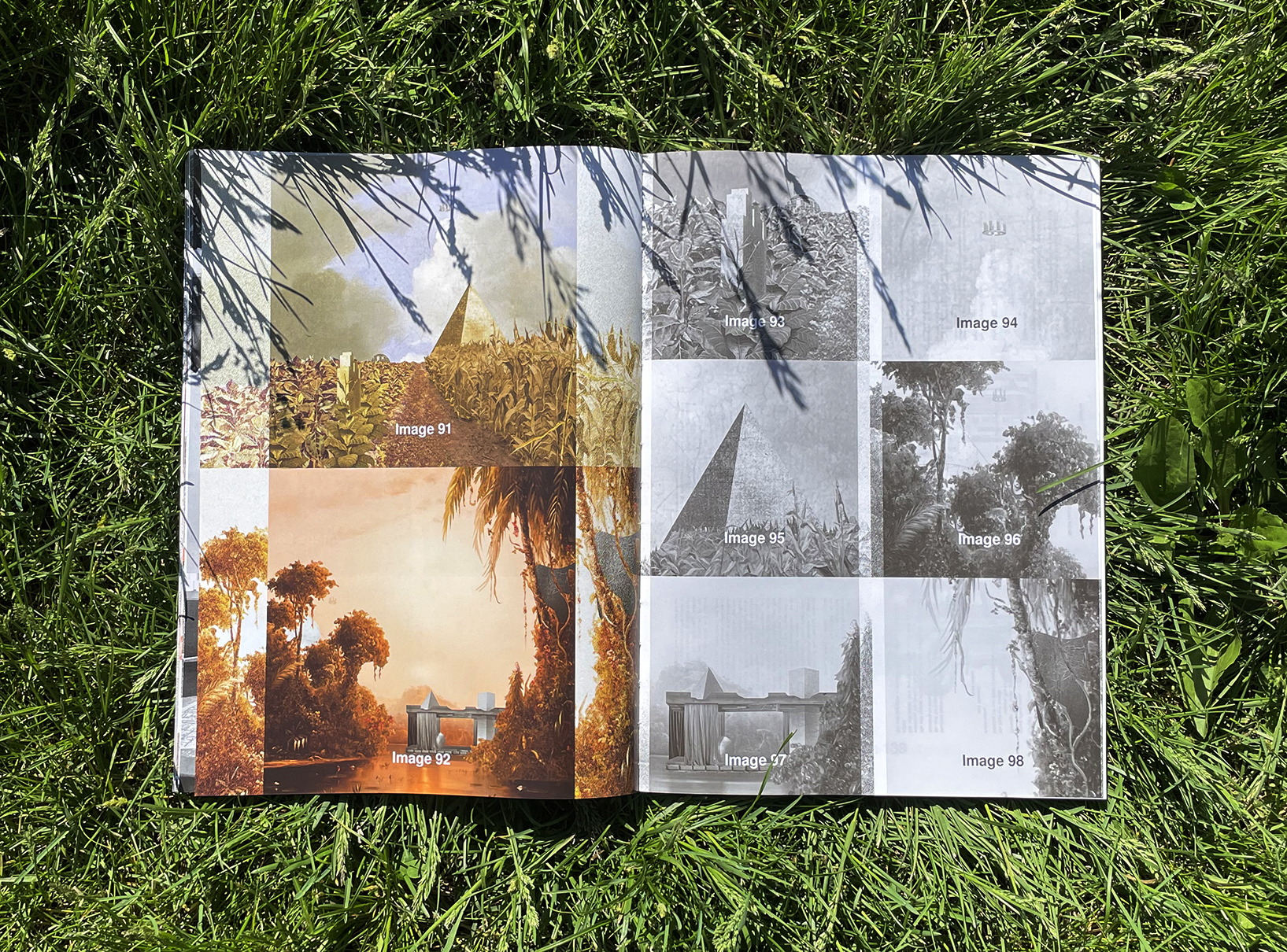

To What End?
Rethinking Design Speculation
Ana Jeinić
Rethinking Design Speculation
Ana Jeinić
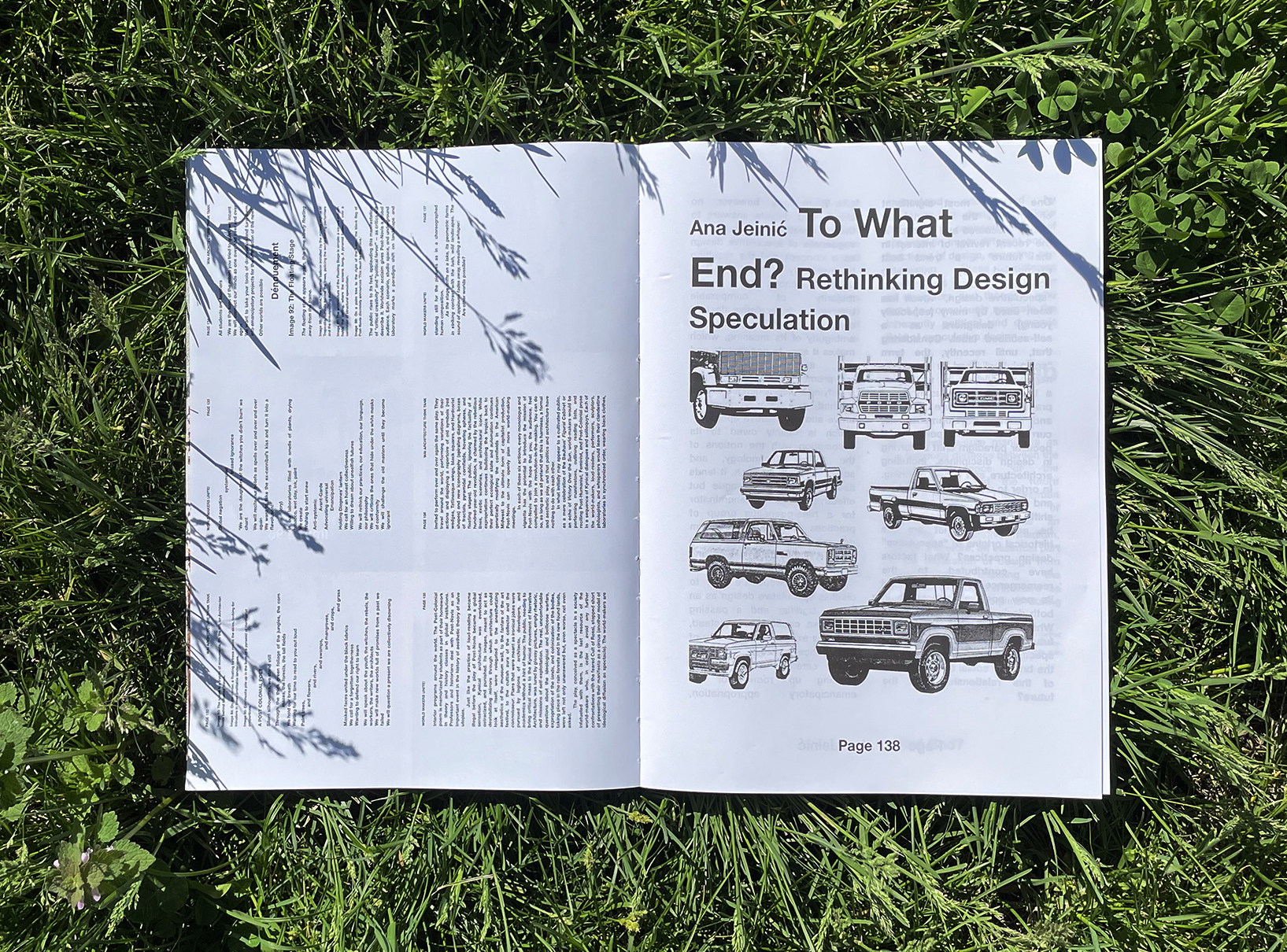


Material Imaginaries
Anthony Dunne and Fiona Raby,
Victoria Hattam, and Miriam Ticktin
Anthony Dunne and Fiona Raby,
Victoria Hattam, and Miriam Ticktin
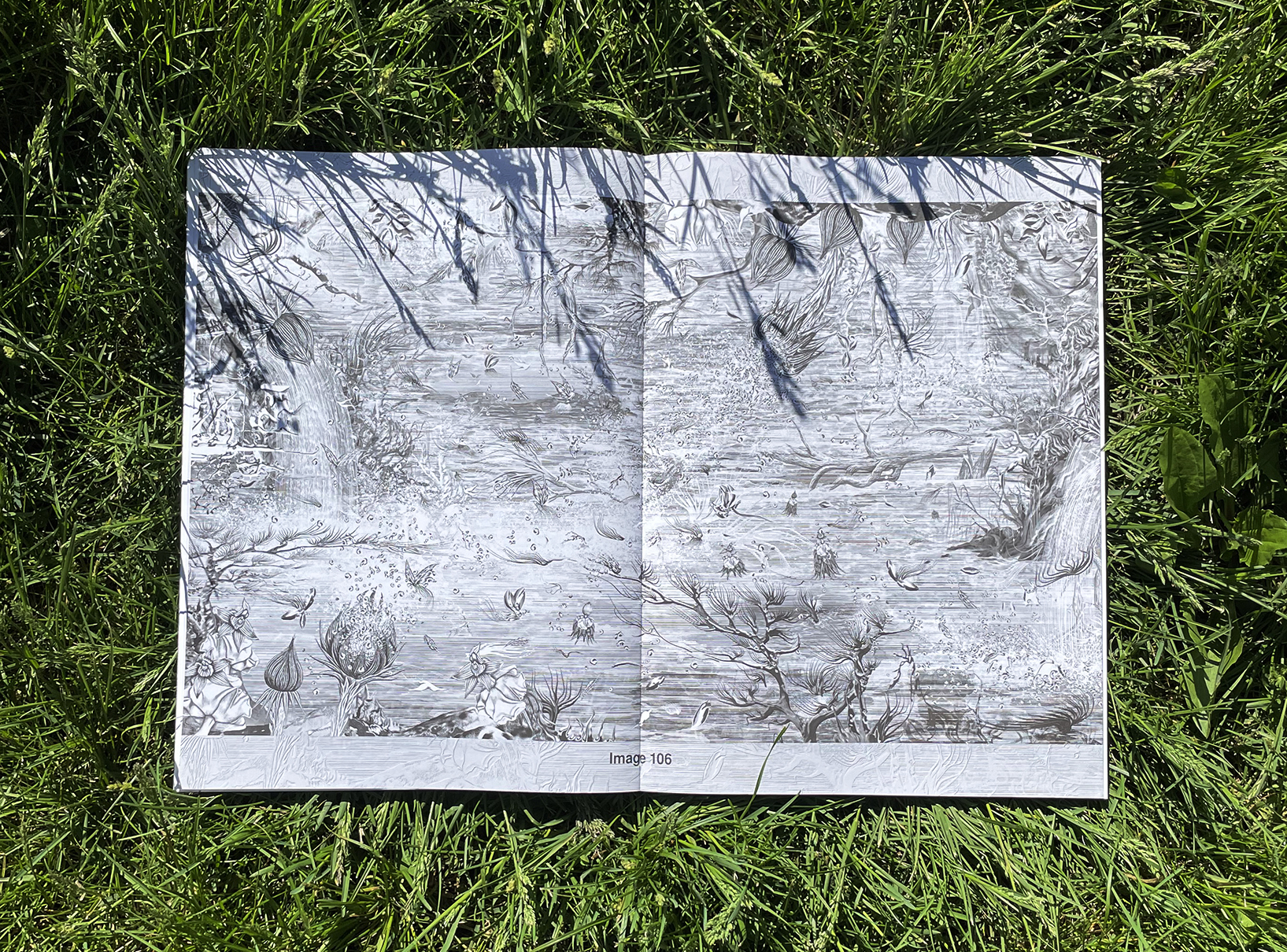


Terre: A Garden Civilization
Traumnovelle, Oikopoiese,
Remy Hans, and Carbonifère
Traumnovelle, Oikopoiese,
Remy Hans, and Carbonifère
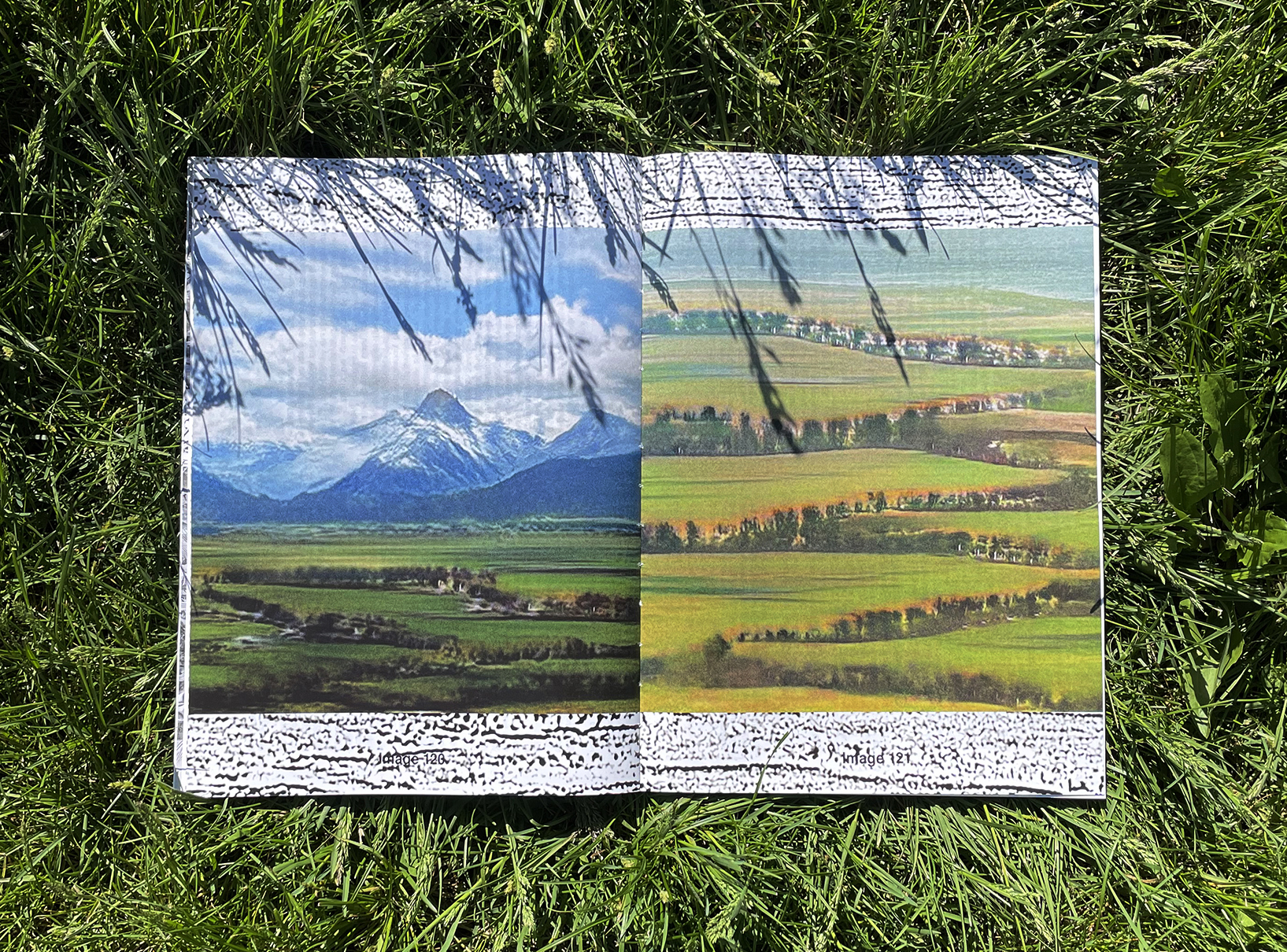
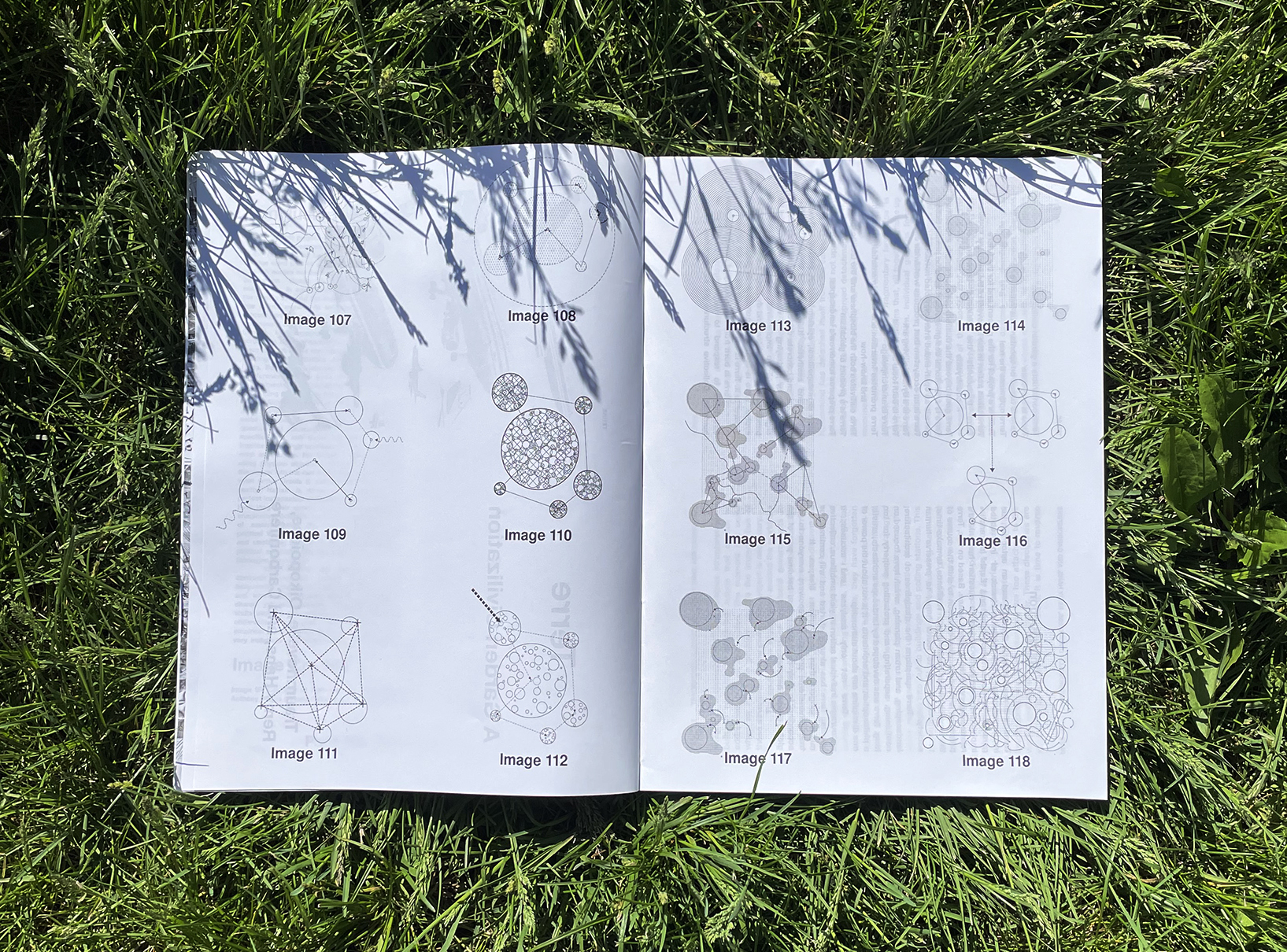


Cambio II
Formafantasma

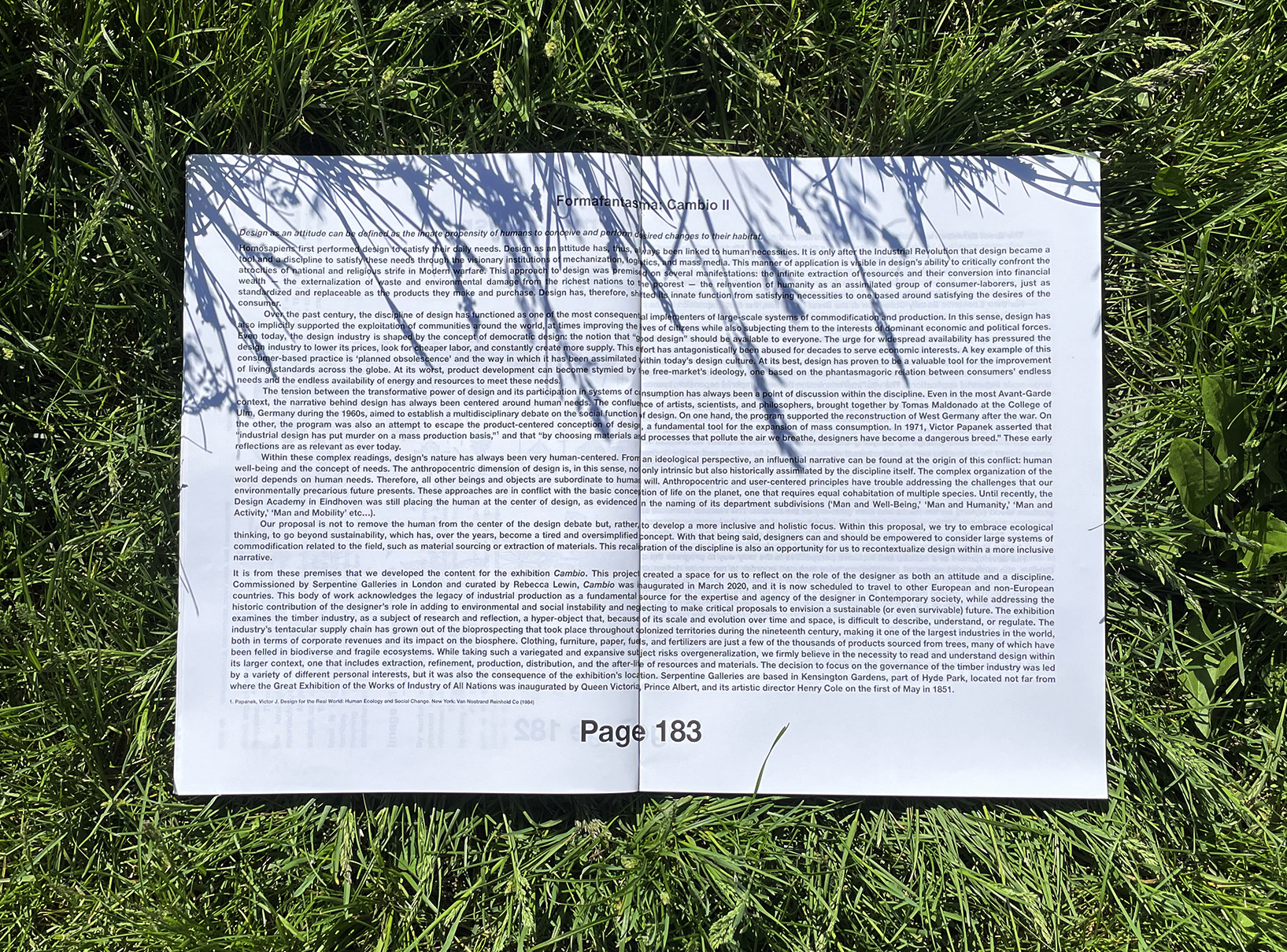



The Imagination Machine
Tobias Revell
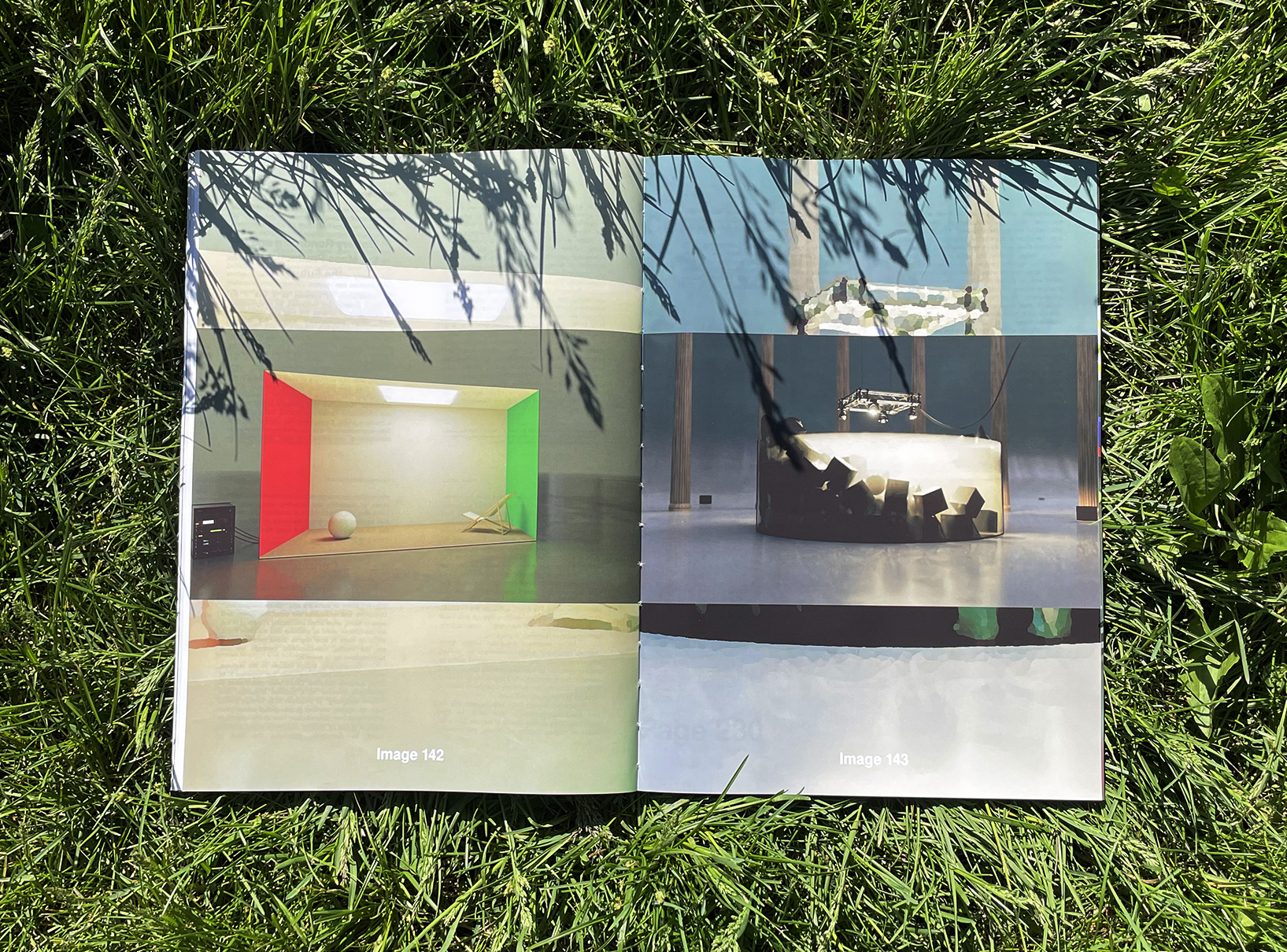
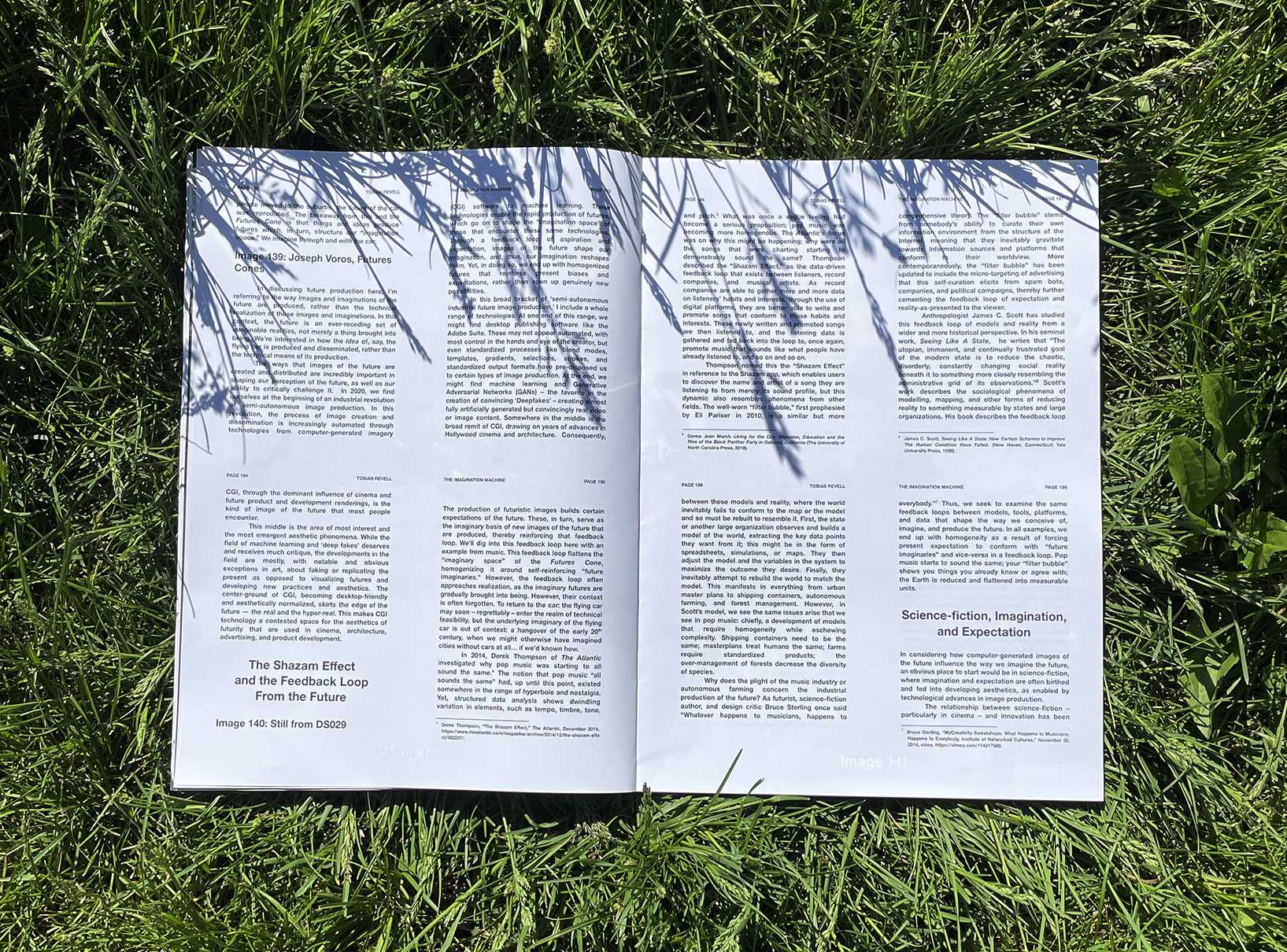
FOMO-STOCK
Common Accounts
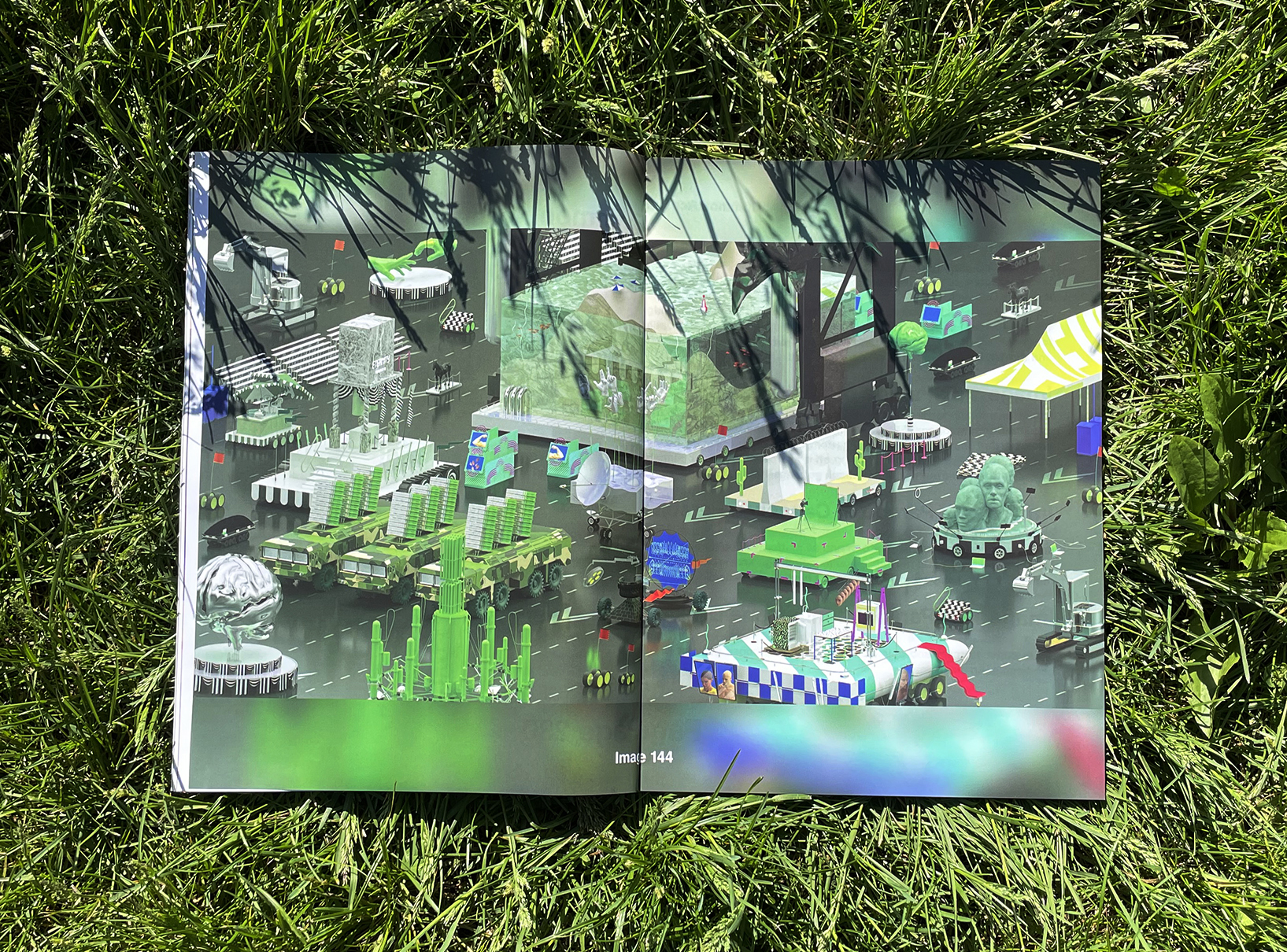
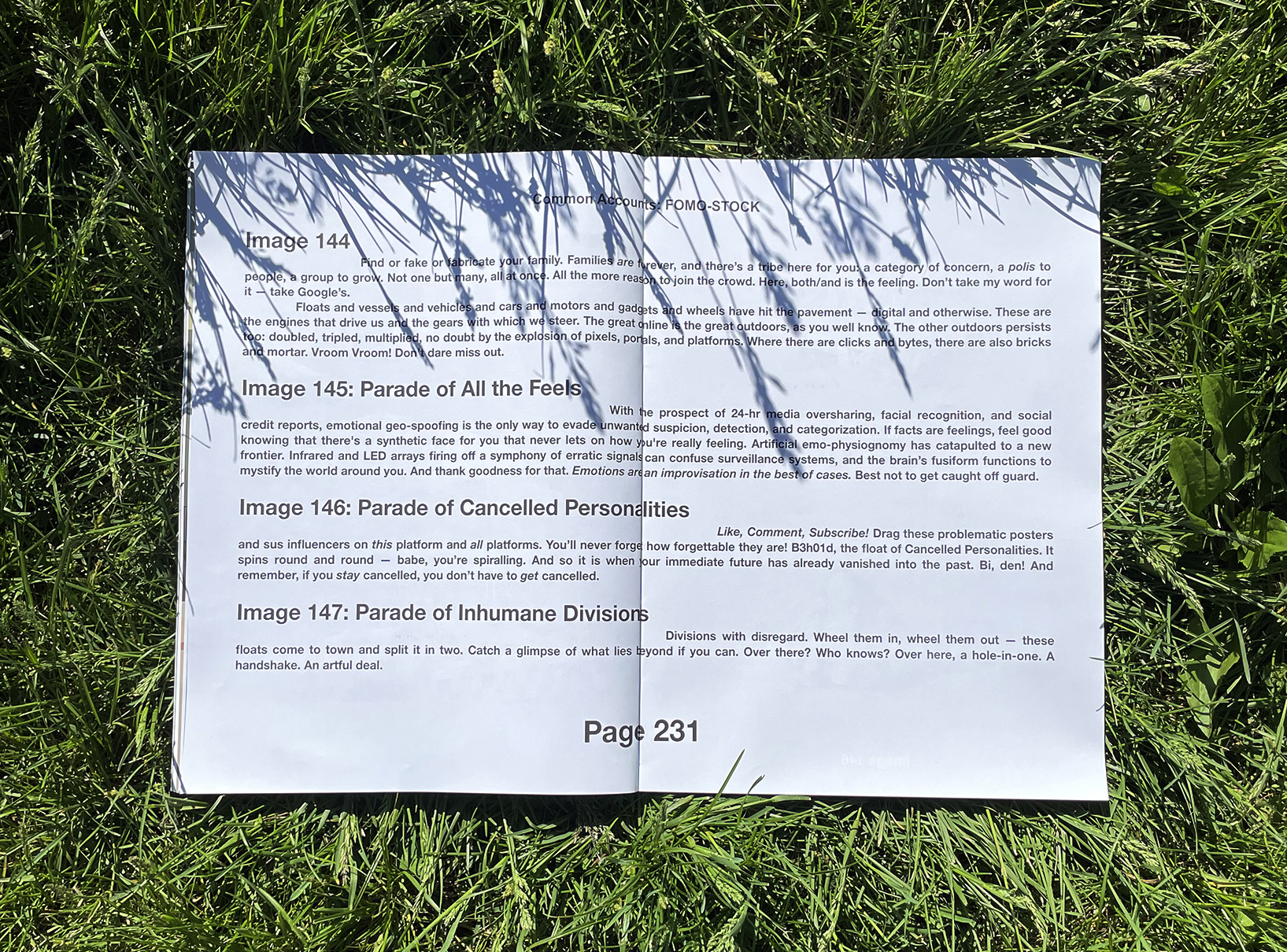


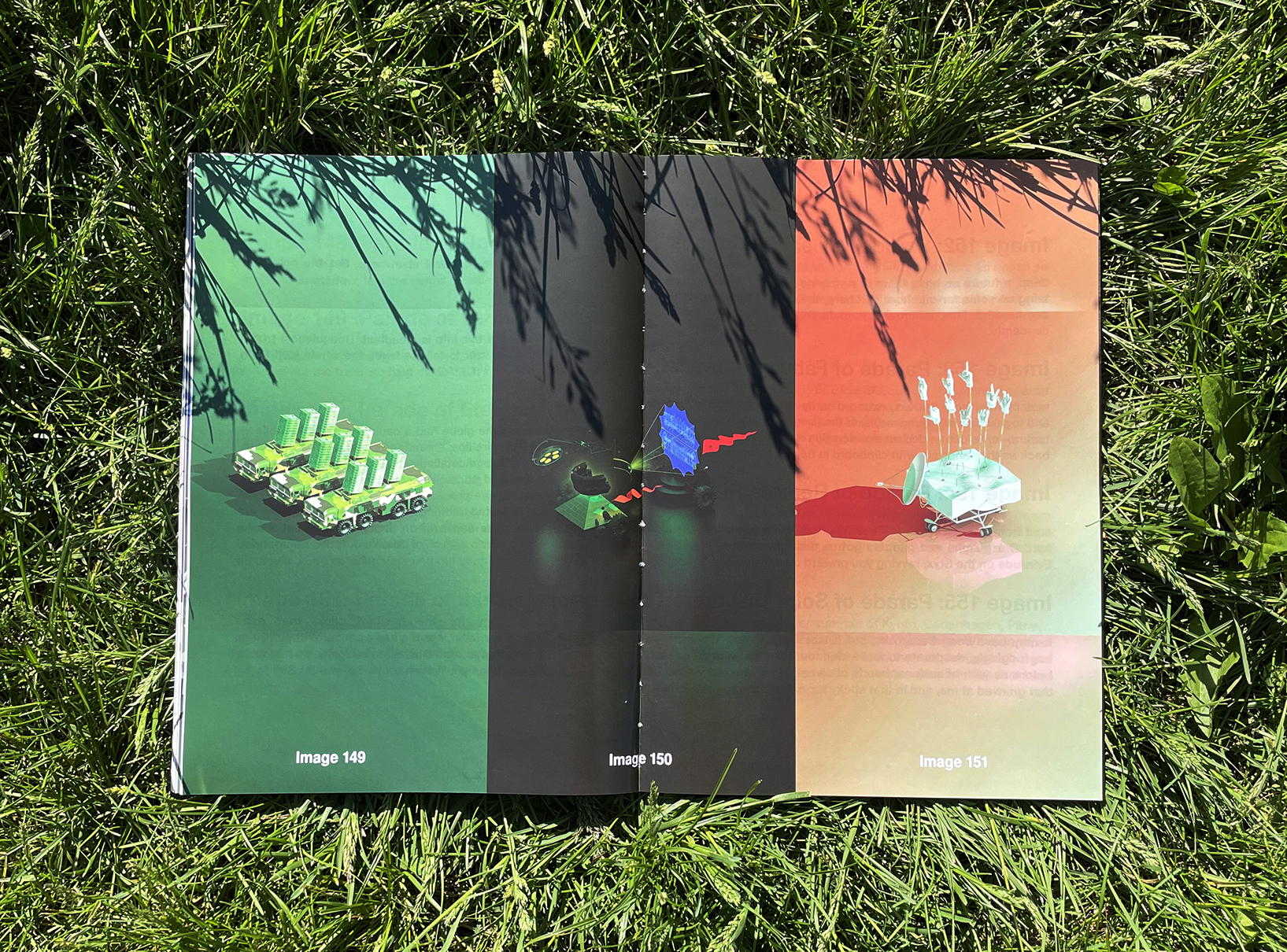


World Games 2.0
Sandra Youkhana and
Luke Caspar Pearson (You+Pea)
Sandra Youkhana and
Luke Caspar Pearson (You+Pea)
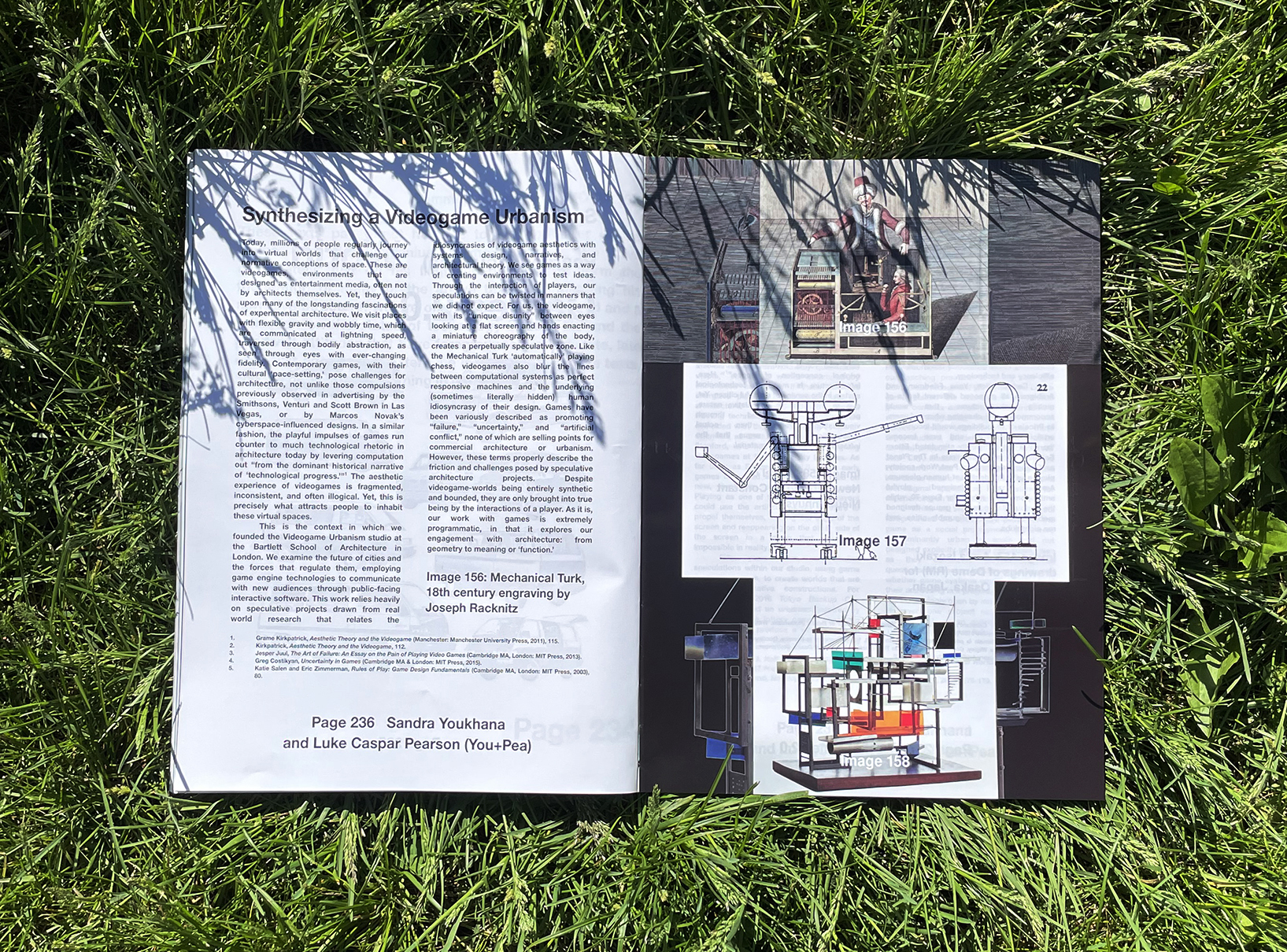



In Conversation
Mimi Zeiger and Azza Aboualam
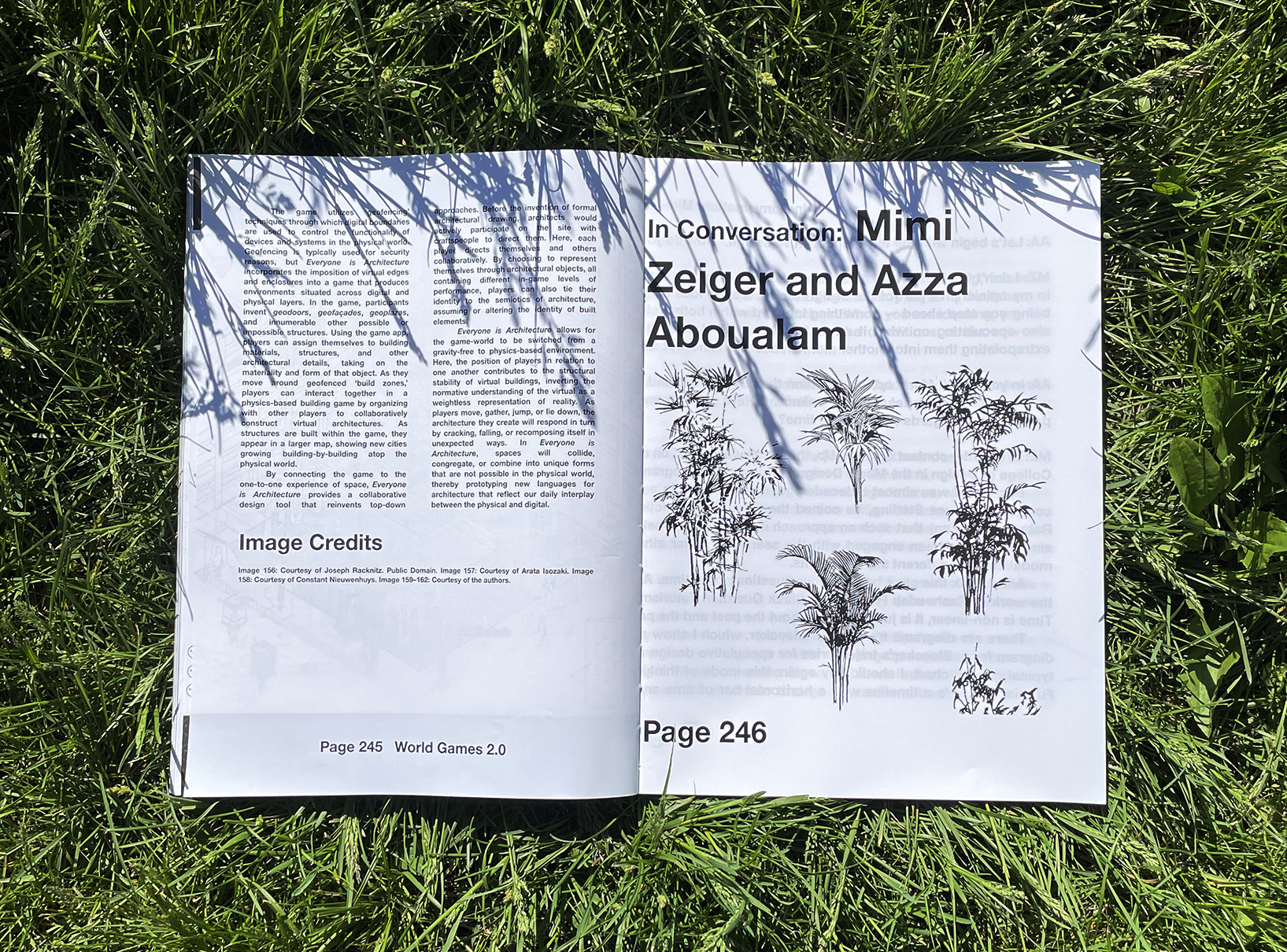

No_Pole: Datascapes and Digital Ecologies
Carolyn Kirschner
Carolyn Kirschner




The Polar Silk Road
Gregor Sailer and Linde Letihen







Twenty-One Suez Incidents
Metahaven


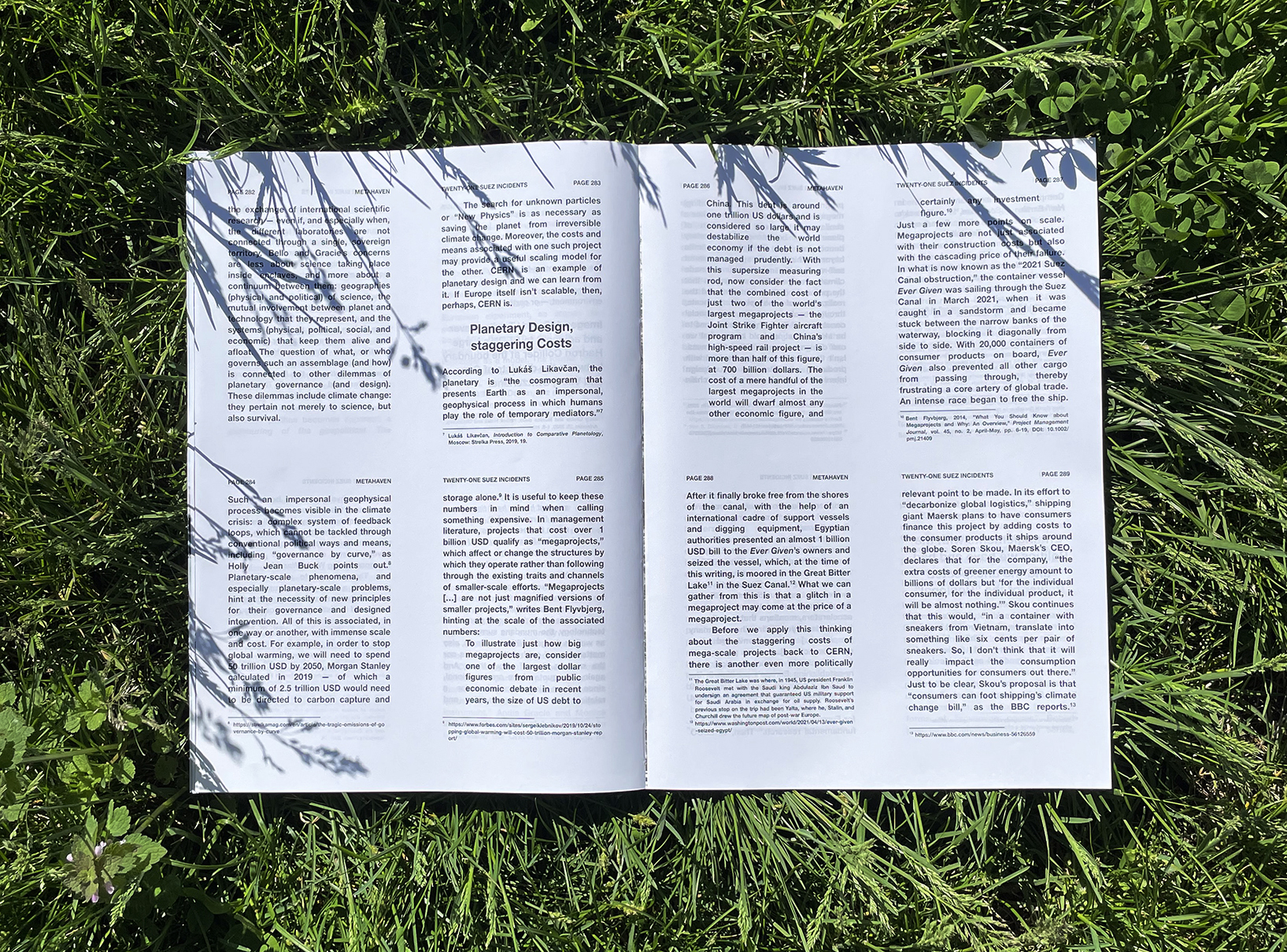
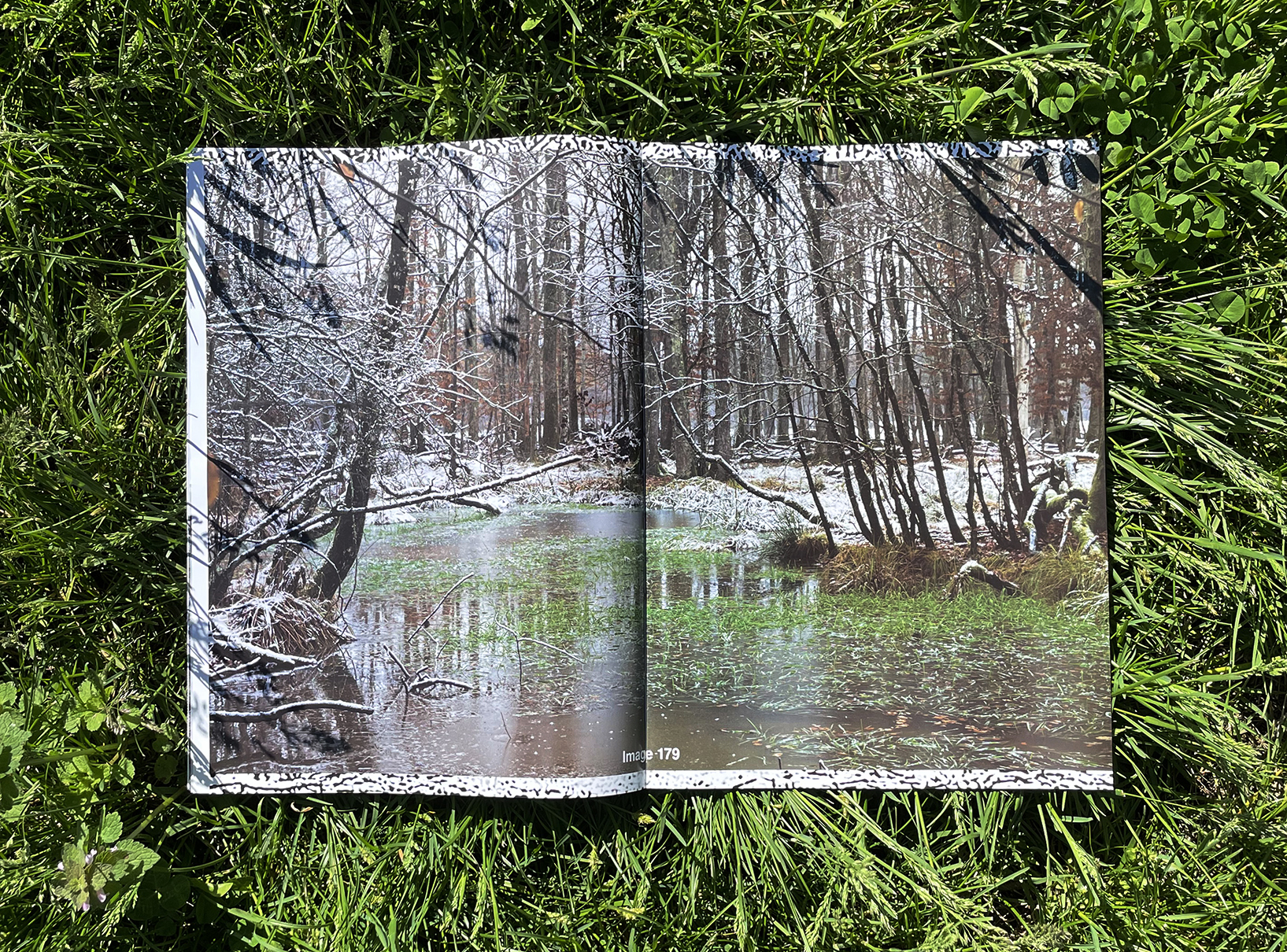
Counterfactual / Architecture / Histories
John McMorrough
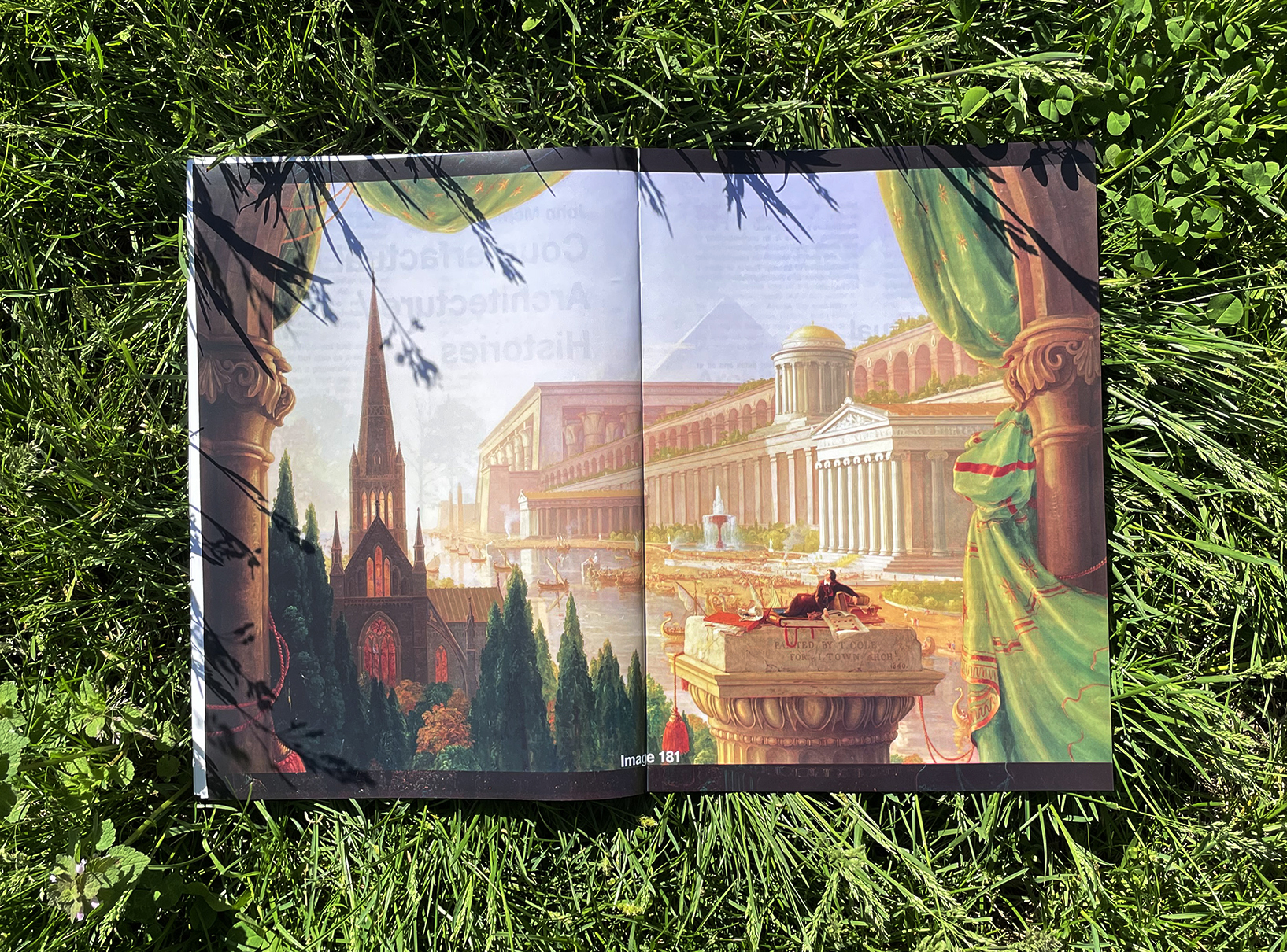
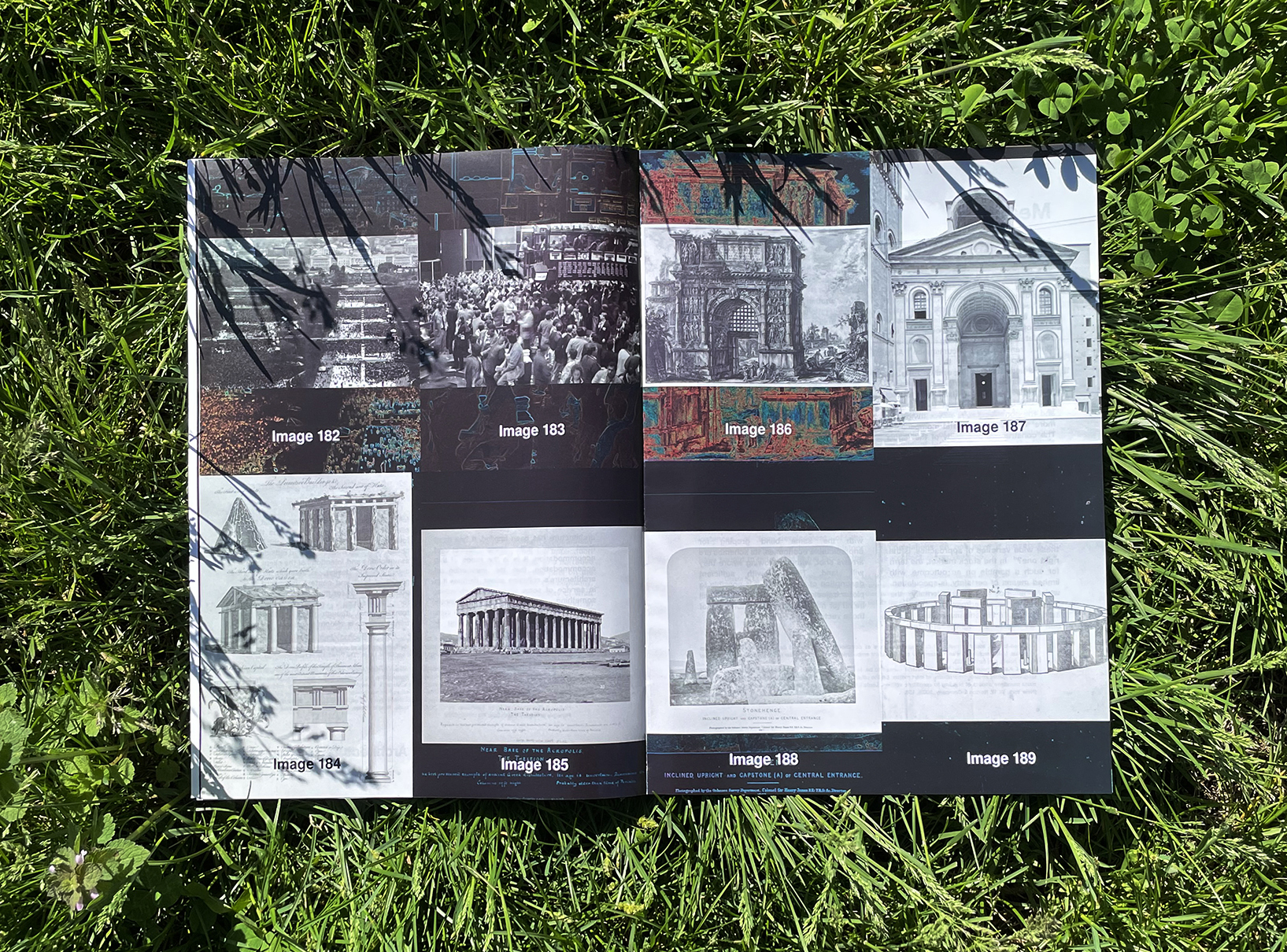

City Shaped Fictions
Liam Young
